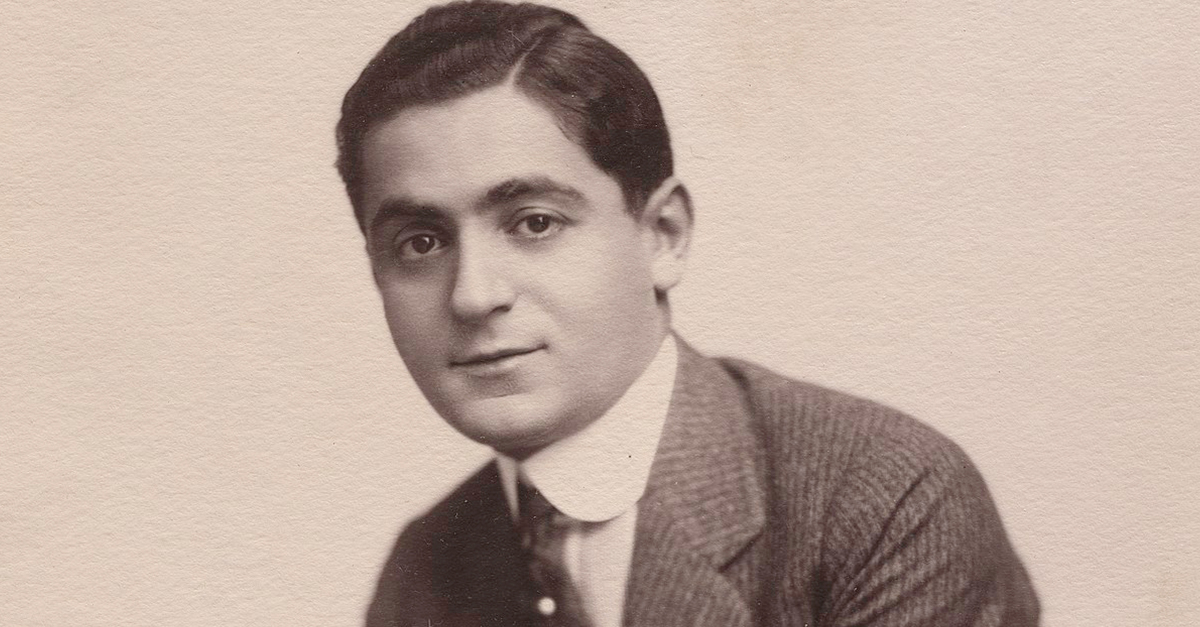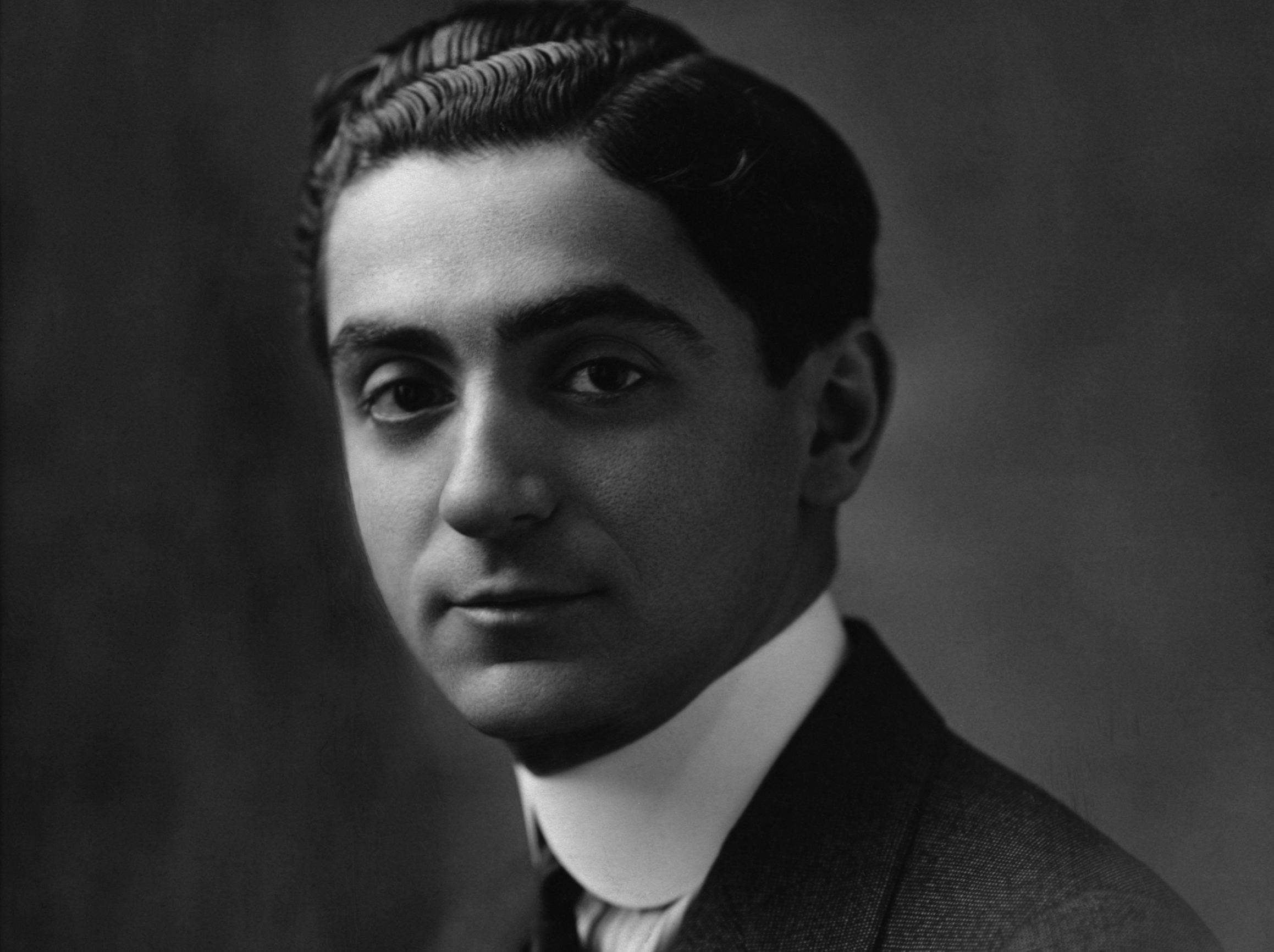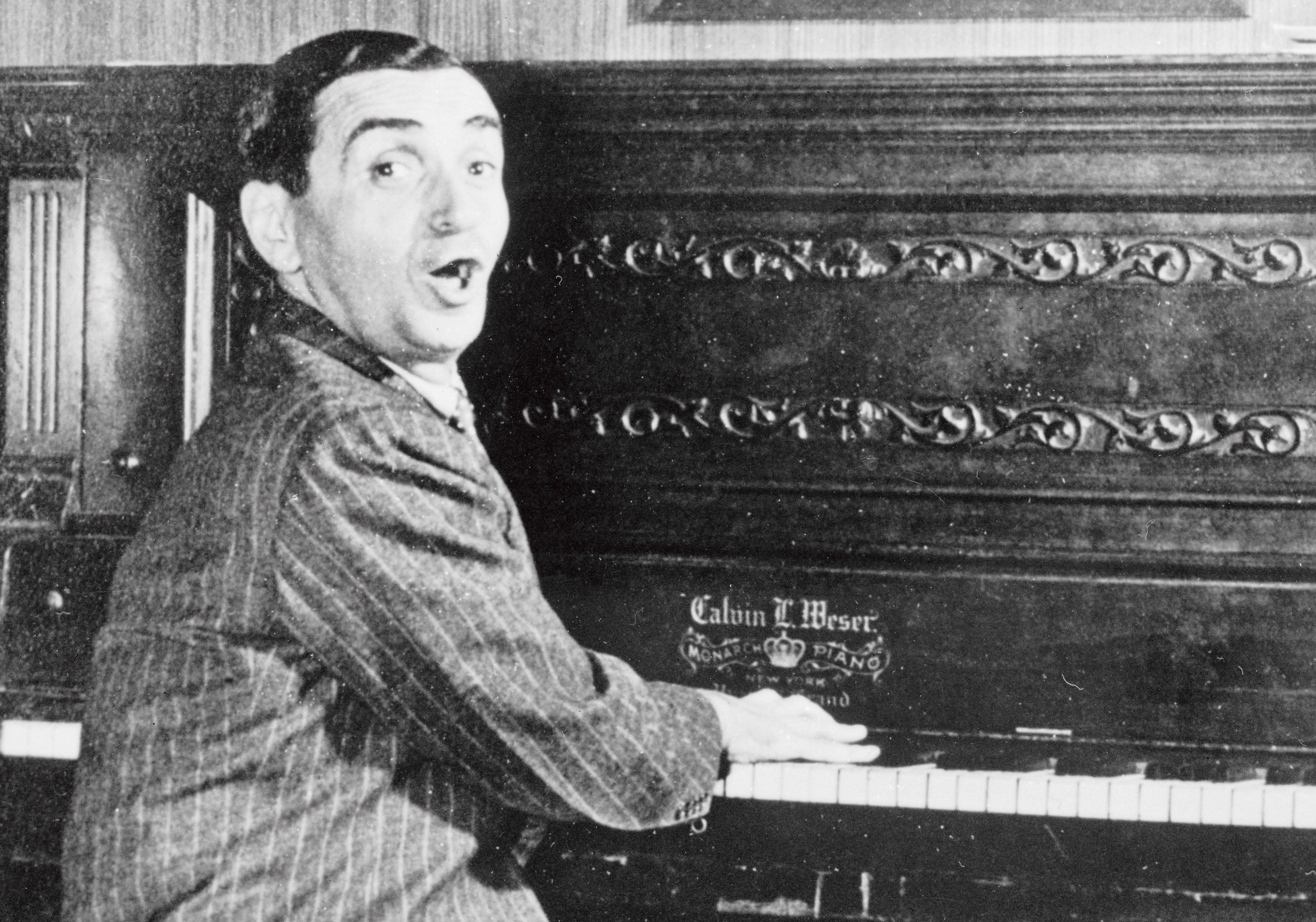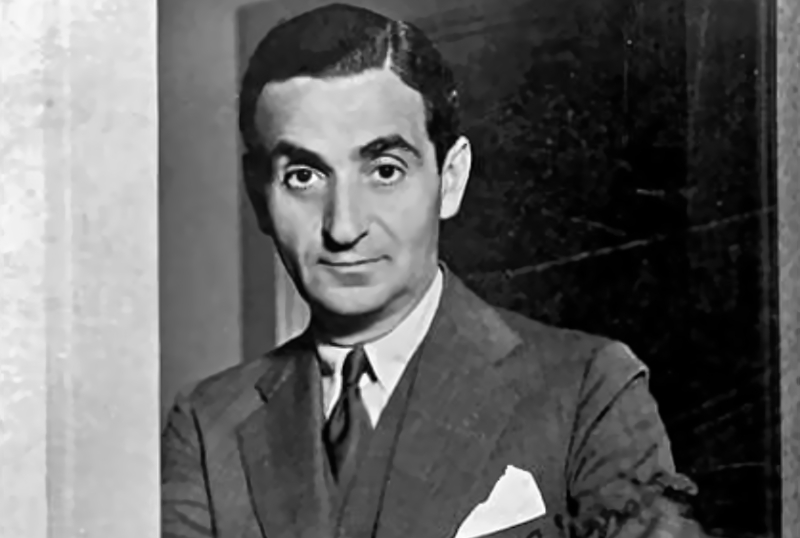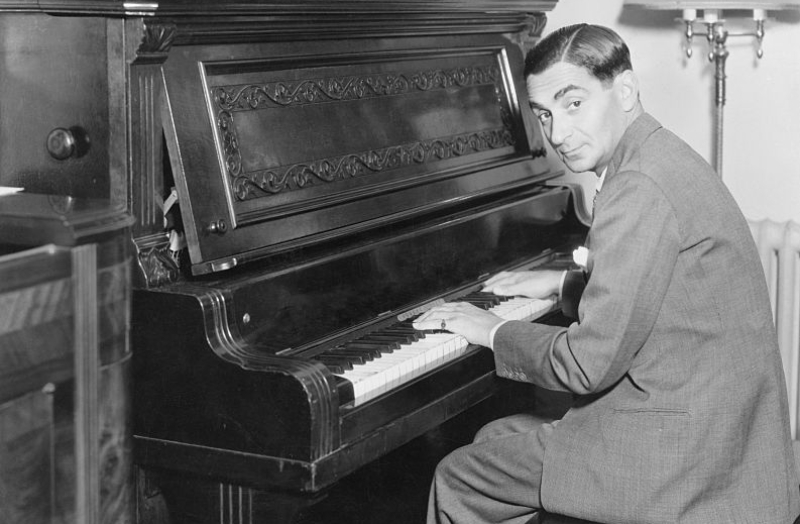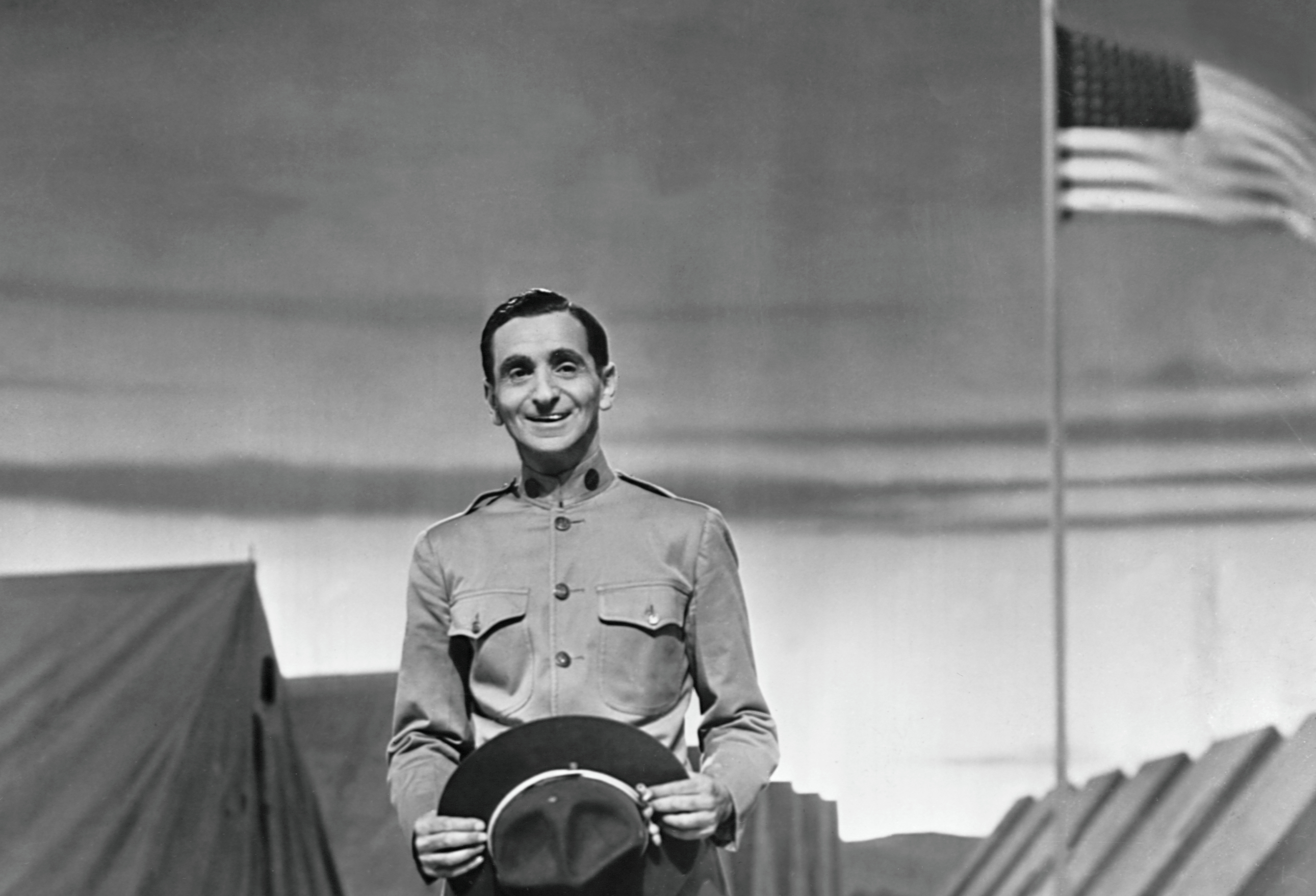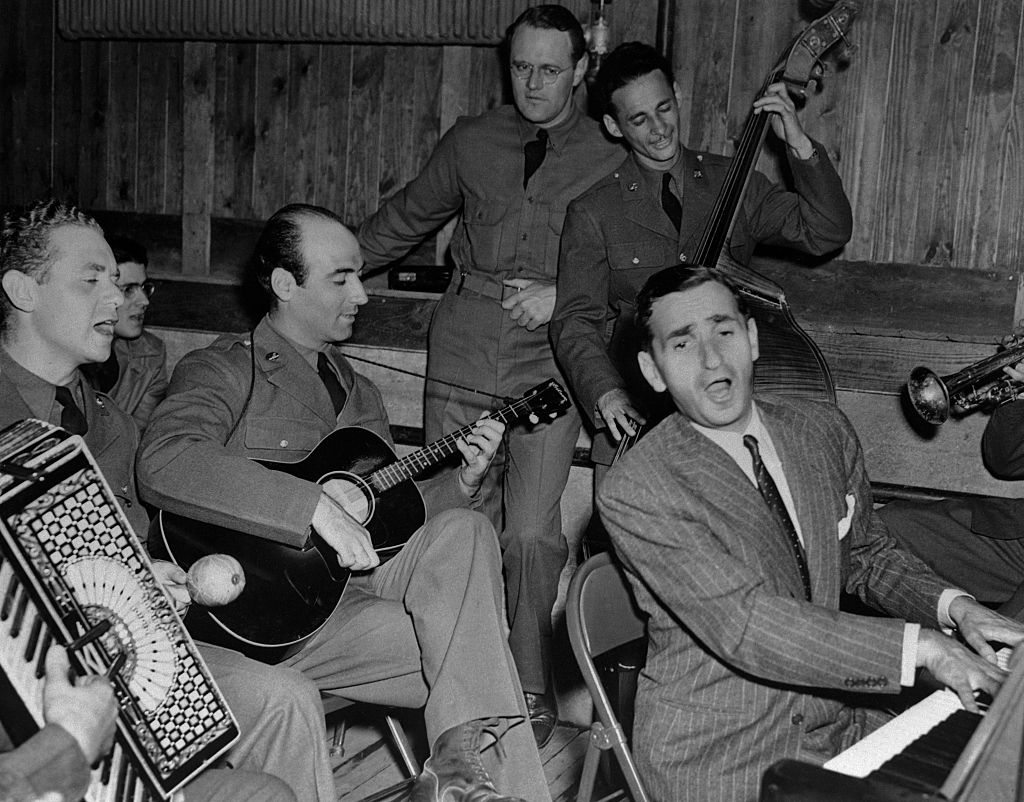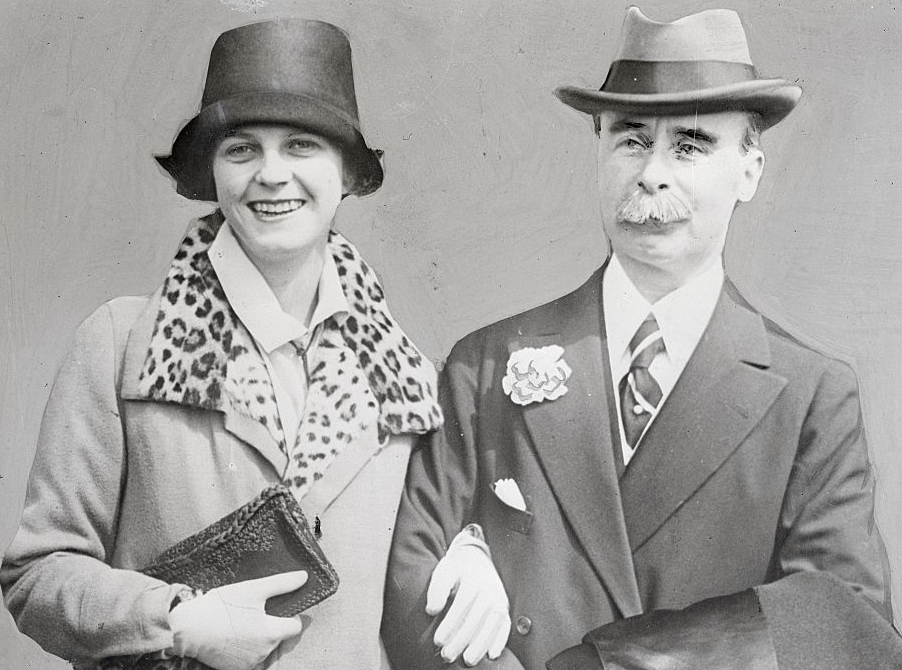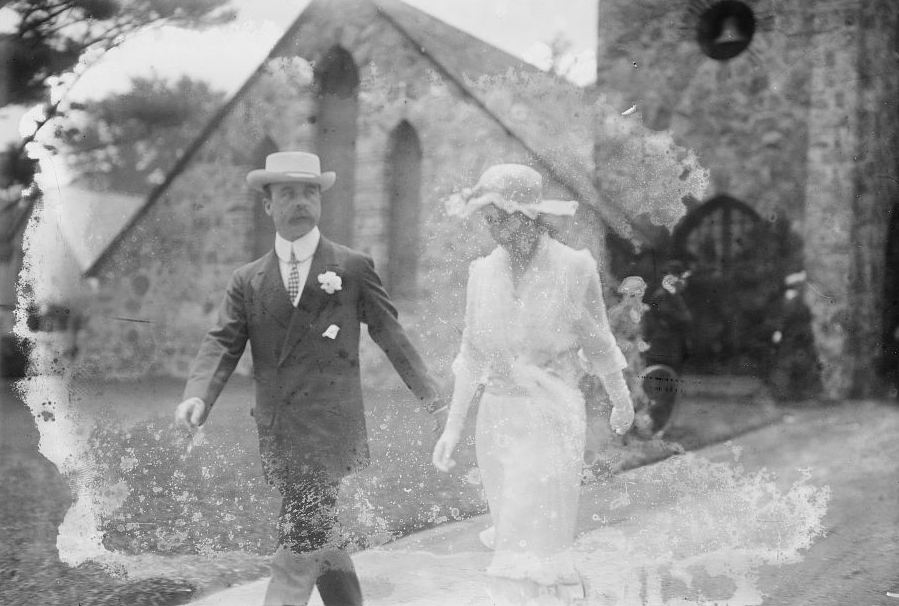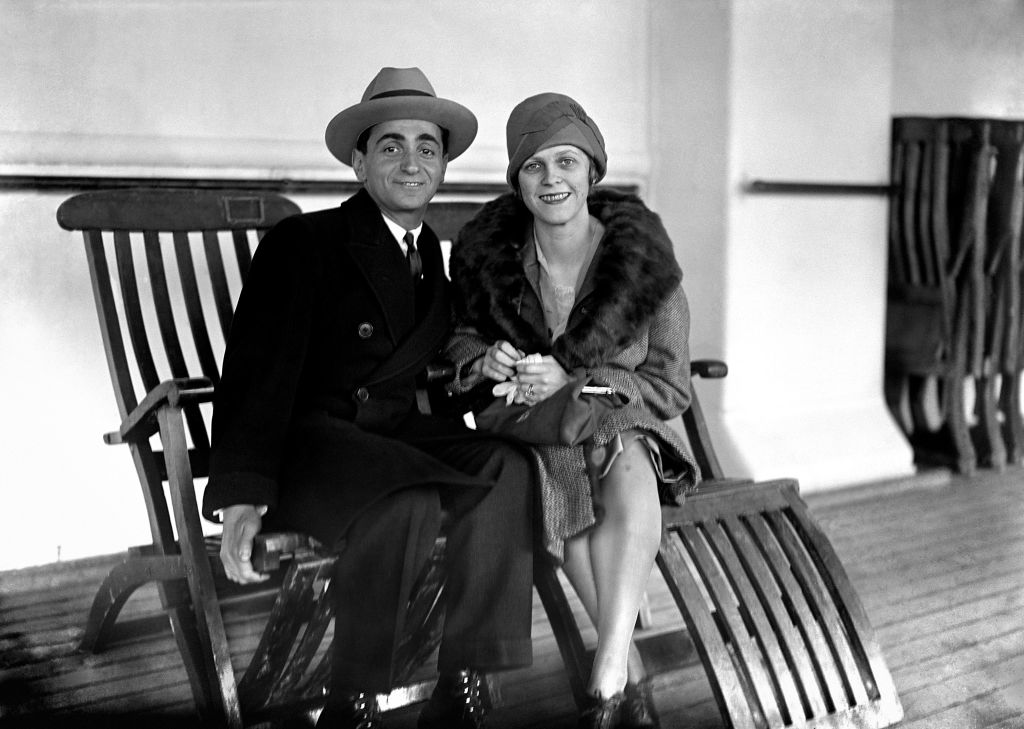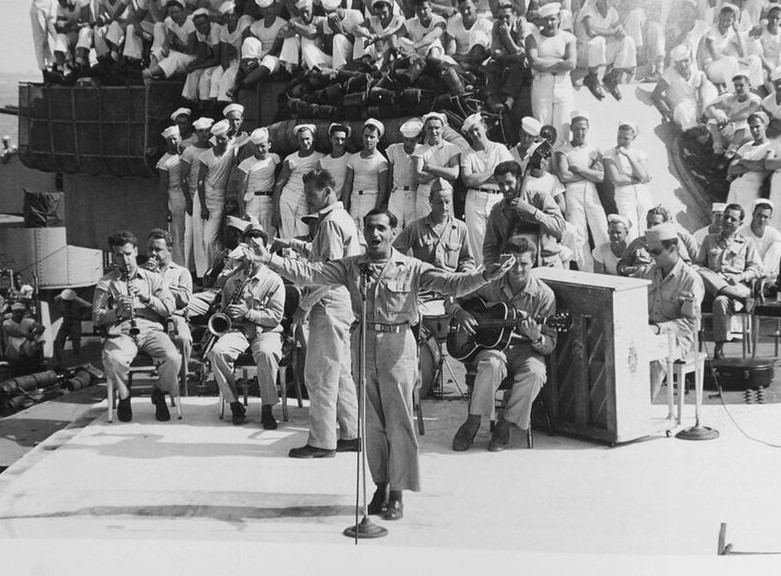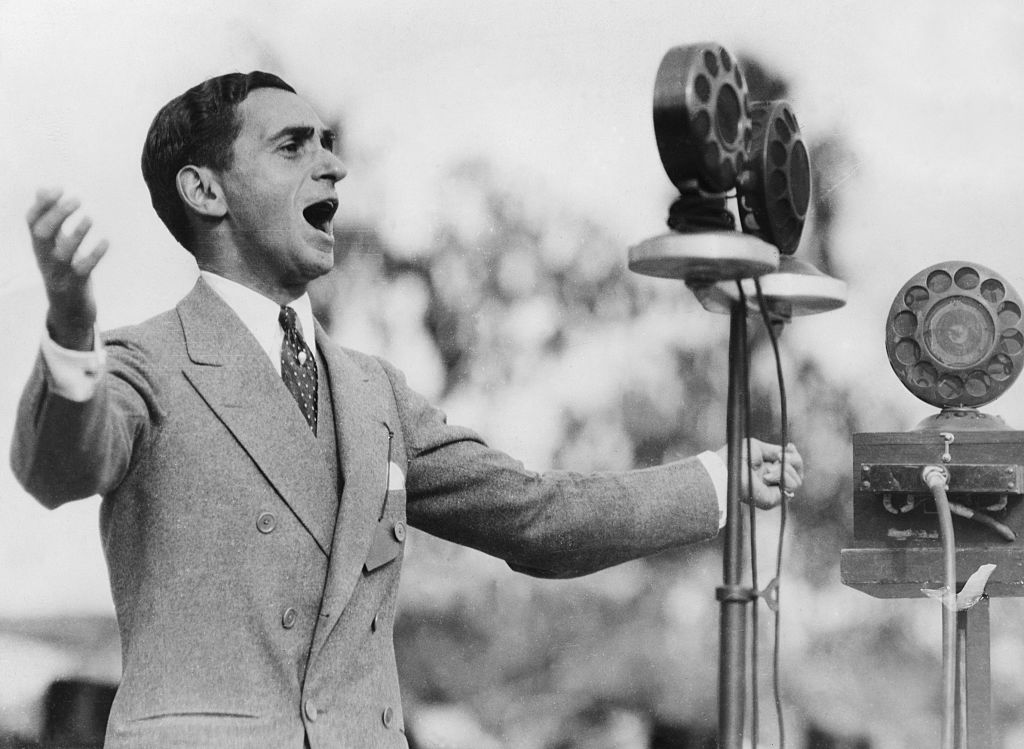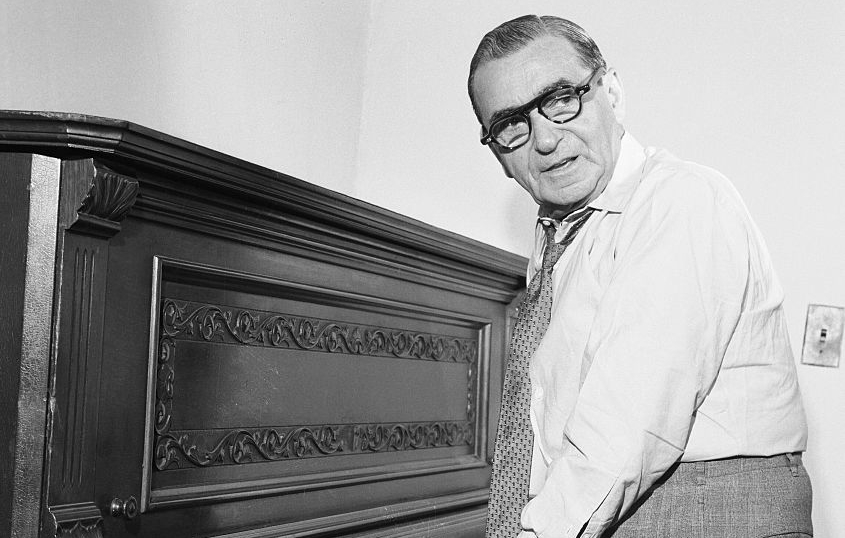Irving Berlin may have been the most prolific songwriter in American history, including one of the world's most famous Christmas songs, but his was also a life wracked by turmoil, depression, and self-doubt. Read on to discover how this musical juggernaut never really felt he measured up.
1. He Started At Rock Bottom
Forced to leave Russia after his childhood home burned to the ground during a terrifying Pogrom, five-year-old Israel Beilin must have felt that life was stacked against him. It’s no wonder he would spend the better part of his days questioning his own worth, wondering if he was good enough and desperately wanting to be accepted.
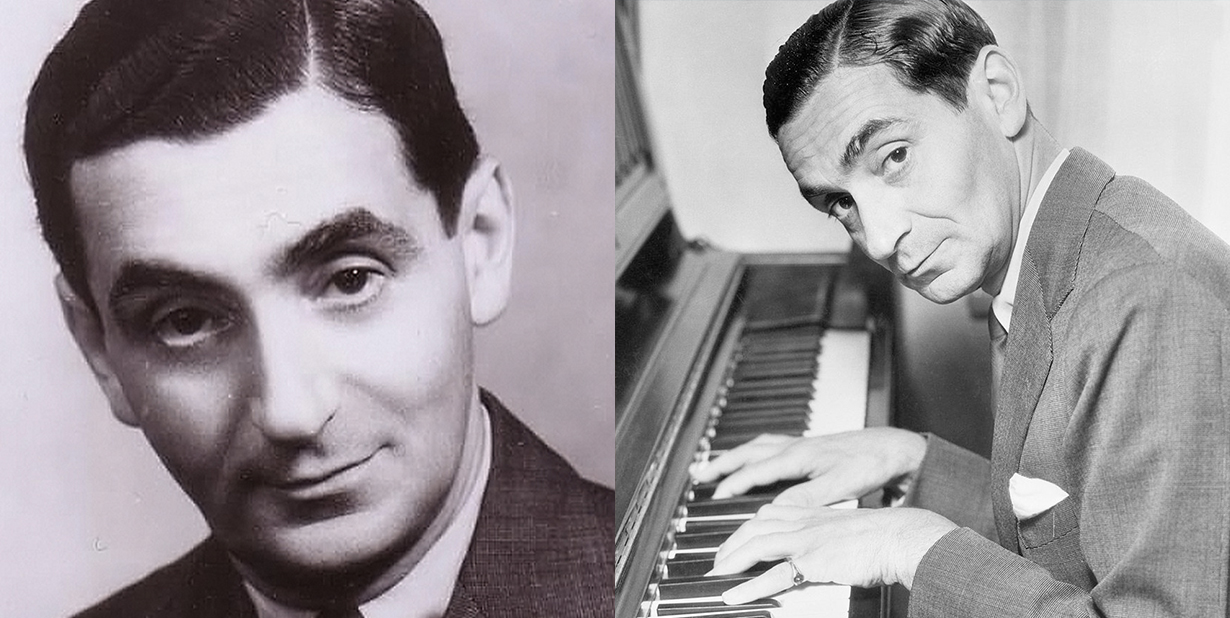
2. They Lost His Name
Shuffling along amid throngs of huddled, scared immigrants arriving on Ellis Island, young Israel Beilin unwittingly became Israel Baline, as a hard of hearing clerk got his family's surname wrong. This would be the first and smallest of many sacrifices his new life in America would ask of him. He thought his life was hard—but much worse days were ahead.
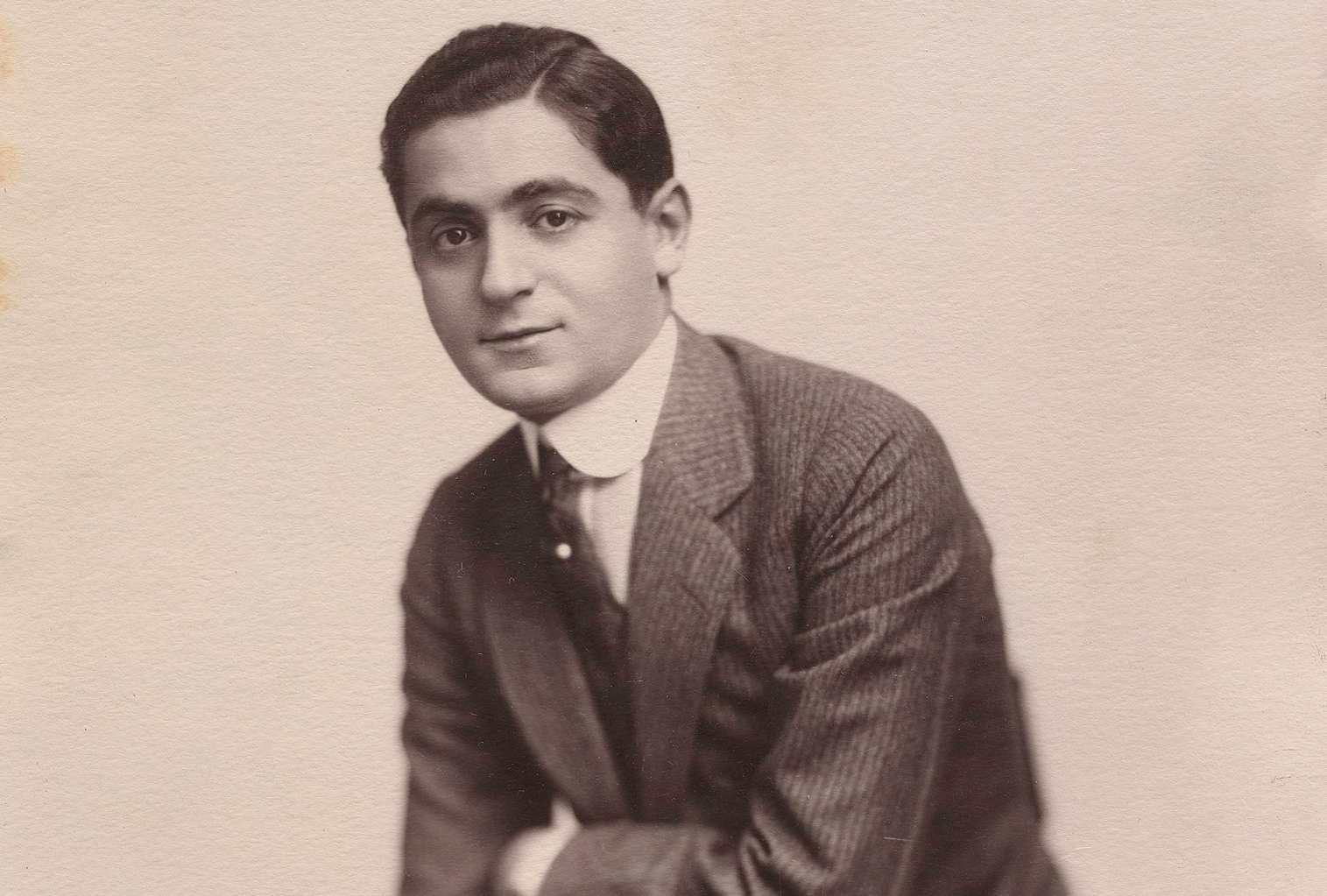 Pach Brothers Studio, CC0, Wikimedia Commons
Pach Brothers Studio, CC0, Wikimedia Commons
3. He Lived In Dickensian Poverty
The Lower East Side of New York was about as down and out as you could get in 1910. Young Izzy, along with his parents and 6 siblings, crammed into a dingy basement flat where they could barely make ends meet. Money and survival soon became more important than an education, and with only a couple of years of formal schooling, 8-year-old Irving Baline left school to help his family by hawking newspapers.
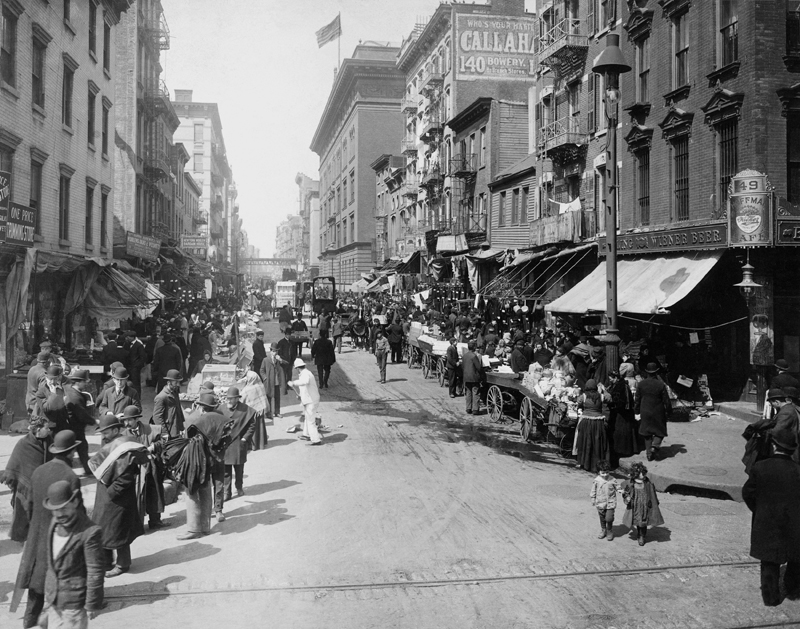 Brown Brothers, Wikimedia Commons
Brown Brothers, Wikimedia Commons
4. He Sang For His Supper
Berlin proved he was something special from the very beginning. Newspaper boys in NYC were a dime a dozen in the 1900s but singing newspaper boys? That was something different. Izzy soon learned that by mimicking some of the tunes he heard coming from the saloons and cafes on his route, he could pick up a few extra pennies here and there from appreciative subscribers. Singing on key was his only source of income—but he soon realized it was a key that could open doors for him.
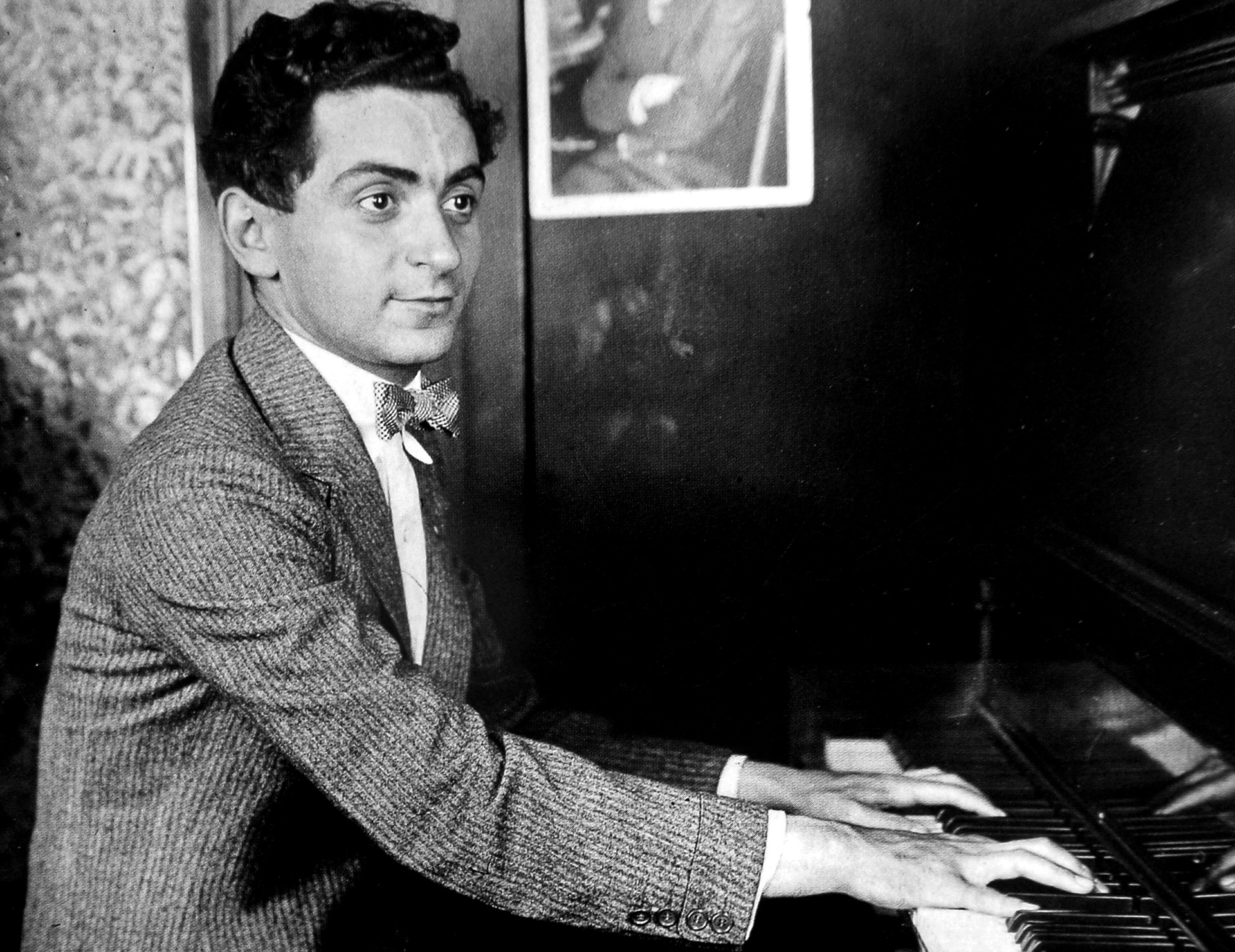 Life magazine images, Wikimedia Commons
Life magazine images, Wikimedia Commons
5. He Lost His Father And More
He wasn't out of the woods yet. Not by a long shot. The next few years were even more difficult for young Izzy. Soon after he turned 13, tragedy struck his family: Berlin's beloved father suddenly passed. It was hard enough being a child worker before, but without their father’s income, the children now had to work twice as hard to make ends meet. But for young Irving, it was even worse.
His meagre income still wasn’t even as much as his sisters, another huge hit to his already fragile self-esteem. At 14, he’d had enough.
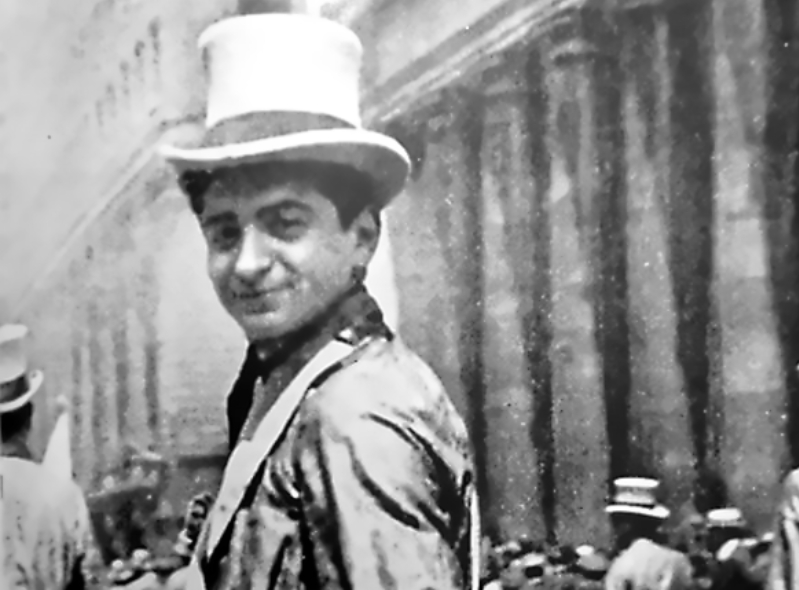 Laurence Bergreen, Wikimedia Commons
Laurence Bergreen, Wikimedia Commons
6. He Became A Bowery Boy
Soon, Berlin couldn't take it anymore. Feeling useless and without the skills to help his struggling family, he moved out. He landed in a filthy tenement in the Bowery, a part of the city teeming with thousands of other homeless boys. Though he lacked a formal education, living in the Bowery soon taught him street smarts.
He very quickly learned an important lesson: If he was going to do anything with his life he would have to do it himself.
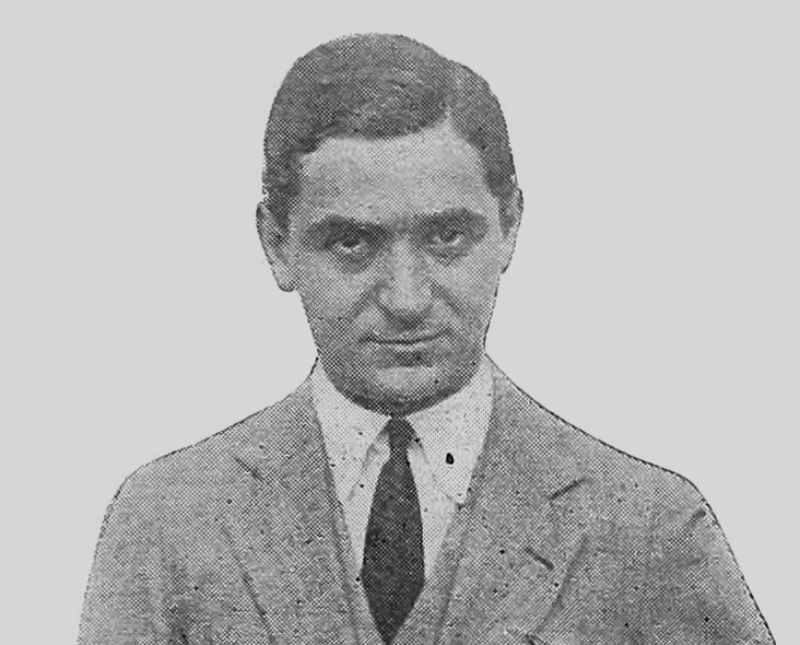 Unknown Author, Wikimedia Commons
Unknown Author, Wikimedia Commons
7. He Made It Up As He Went Along
Soon, Berlin found work as a singing waiter at the Pelham Cafe in Chinatown. He found his footing at the Cafe, delighting patrons by making up naughty parodies to popular or trending songs of the day. He continued his self-education by teaching himself to improvise tunes on the piano after hours. His songwriting skills were ripening—and soon, everything was about to change.
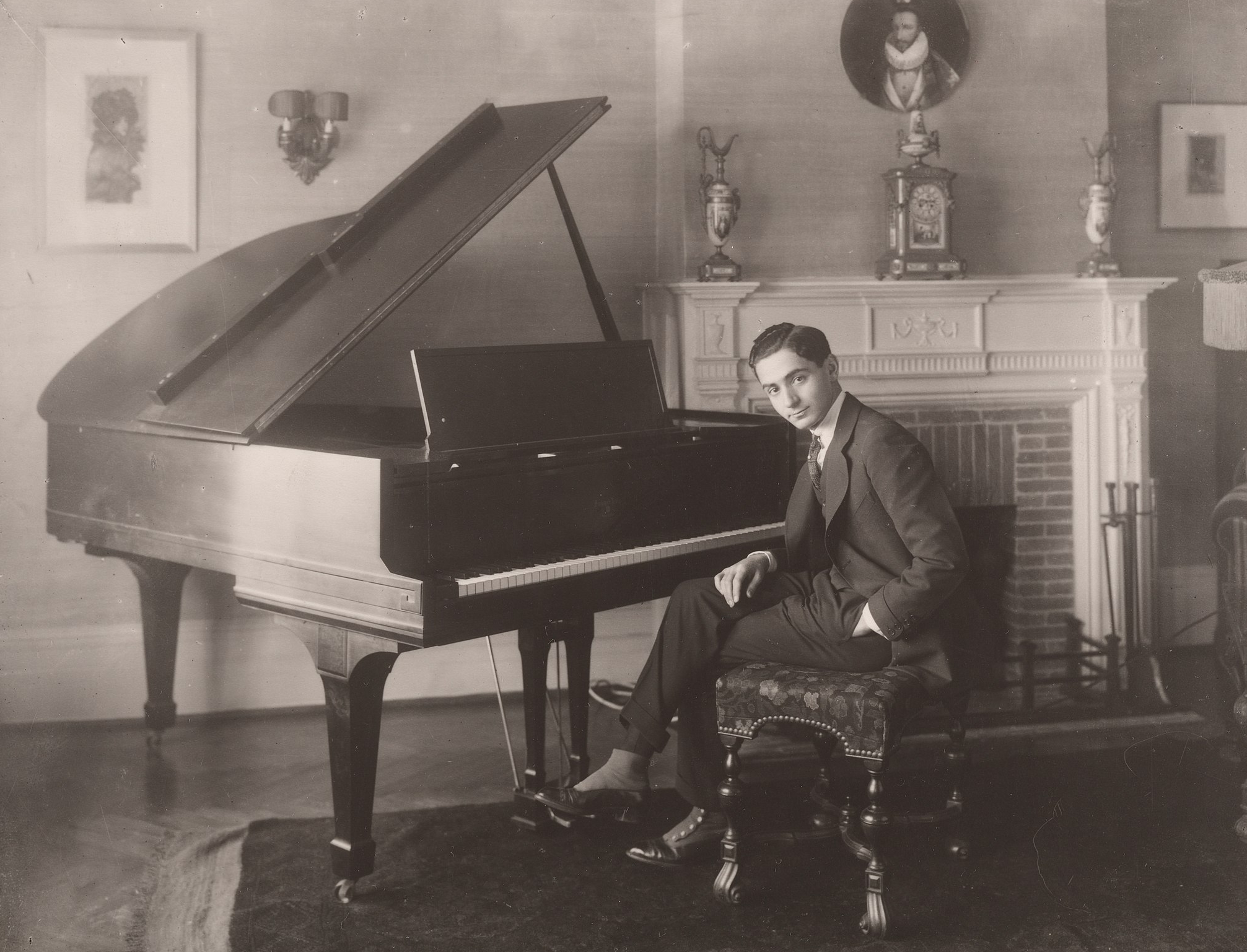 National Portrait Gallery, Wikimedia Commons
National Portrait Gallery, Wikimedia Commons
8. He Sold His First Song
Novelty songs and ethnic ditties were big in the culturally diverse New York City of 1907 and, at the age of 18, Izzy Baline published his first song: “Marie from Sunny Italy”. Collaborating with a composer friend Mike Nicholson, the two of them split the royalty fee, leaving Irving with a whopping 33 cents.
That might not sound like much, but most importantly: A songwriter was born…in more ways than one.
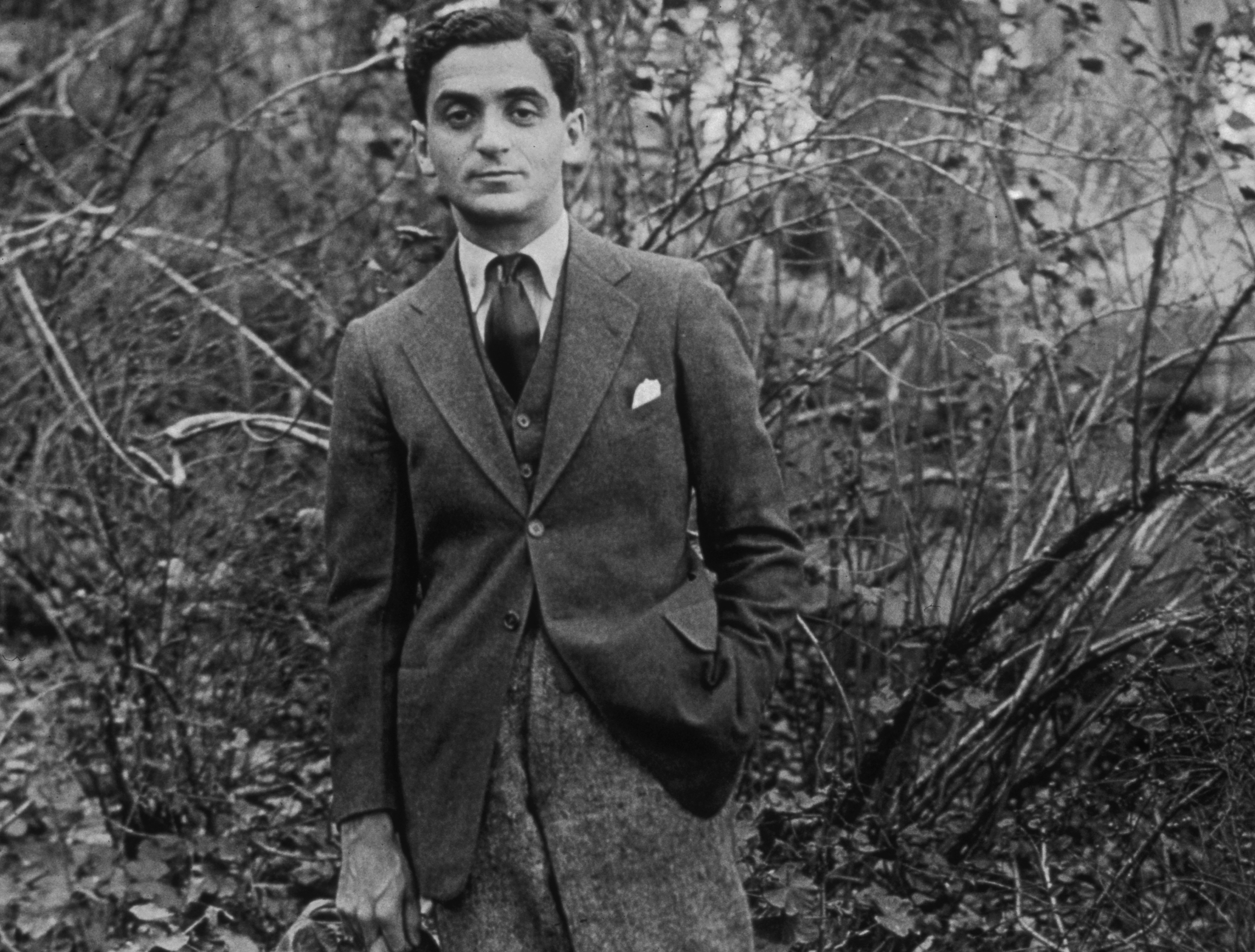 New York Times Co., Getty Images
New York Times Co., Getty Images
9. He Became Irving Berlin
When Izzy Baline published his first song, the name on the sheet music mistakenly attributed the lyrics to ‘I. Berlin’. And, at a time when the name Israel Baline often carried with it the stigma of antisemitism, the up and coming songwriter decided it might be better for his career to take advantage of the typo.
Irving Berlin had arrived.
10. He Never Learned To Read Or Write Music
It’s almost unbelievable to think that one of the most prolific songwriters of all time could not read music or even really play a piano. Irving found plunking out tunes on the raised black keys easier, and so never bothered to use the white keys. Later he was able to incorporate key changes by using a transposing lever which allowed the black keys to produce other key ranges besides F Sharp.
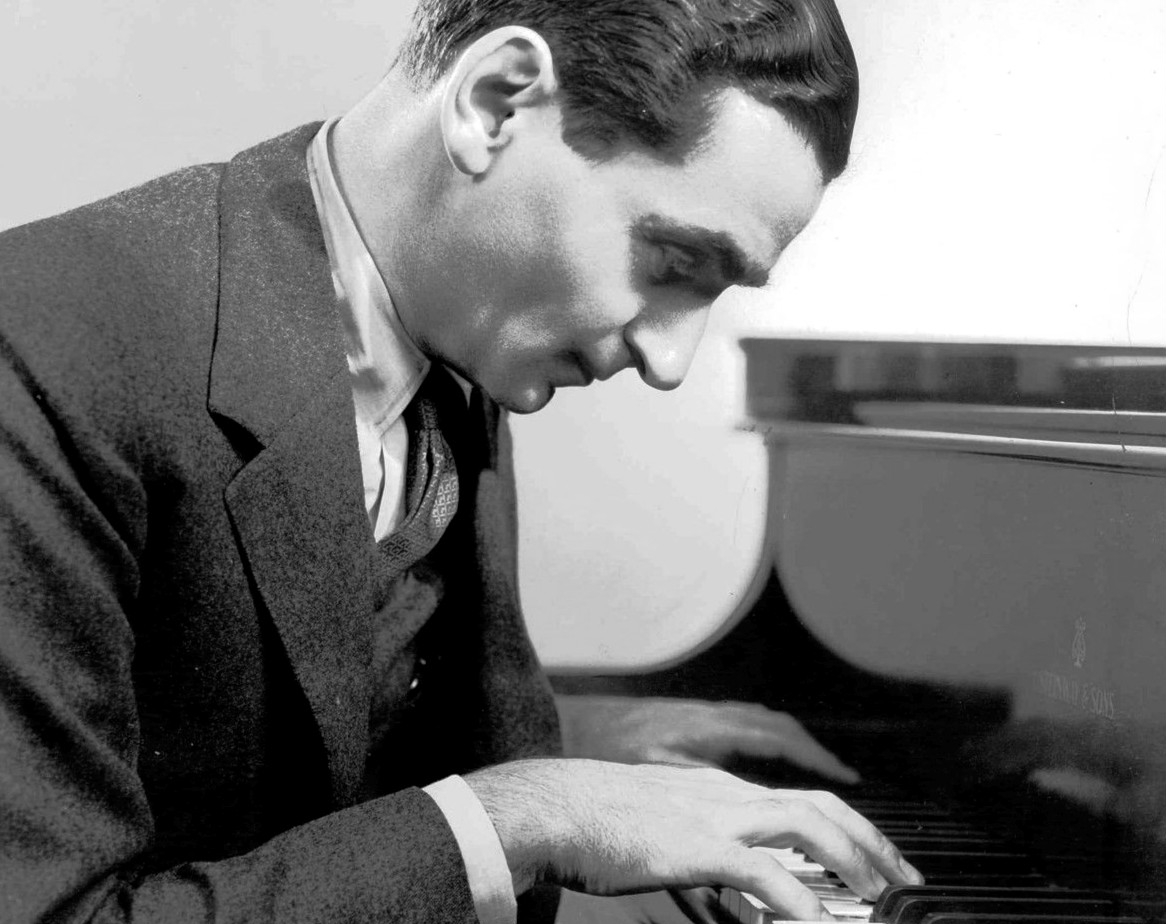 Ray Lee Jackson, Wikimedia Commons
Ray Lee Jackson, Wikimedia Commons
11. He Turned Pro
In 1908, Berlin turned 20 and his career turned a corner. Within a year the illustrious Ted Snyder Company, one of the big Tin Pan Alley music publishing houses offered him a position as a staff lyricist. Irving Berlin was a professional songwriter. But he hadn't arrived just yet.
Although he was hugely in demand, he still really only wrote the words to other people’s melodies. That however was about to change…in a very big way.
12. He Wrote His First Hit
In 1911, Berlin submitted a song, but he made a big mistake. Apparently, this time, they'd actually wanted lyrics AND music. When they told him, Berlin, almost without thinking, wrote a melody for it. His first ever. Amazingly, they loved it and bought the song. And there was more where that came from.
Young Irving Berlin now had the chance become both a composer and lyricist—and he quickly marched right through that door with the publication of the mega-hit “Alexander’s Ragtime Band”.
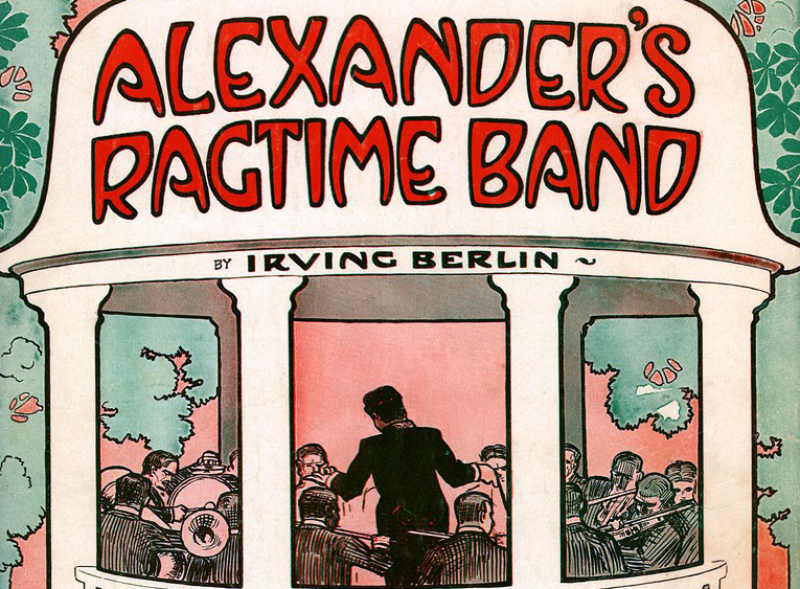 Berlin, Irving, Wikimedia Commons
Berlin, Irving, Wikimedia Commons
13. He Became A Sensation
“Alexander’s Ragtime Band” became a sensation not only in America but as far away as Russia…the country that had expelled Berlin’s family in the first place. Berlin himself became an instant celebrity—but there's a dark side to success. Berlin was a Bowery boy, and fame proved to be a struggle for him.
At one performance, two hundred of his street friends from the Bowery came to cheer him on. Berlin was in tears on stage, overwhelmed and unnerved. He didn't know it yet, but this was nothing...
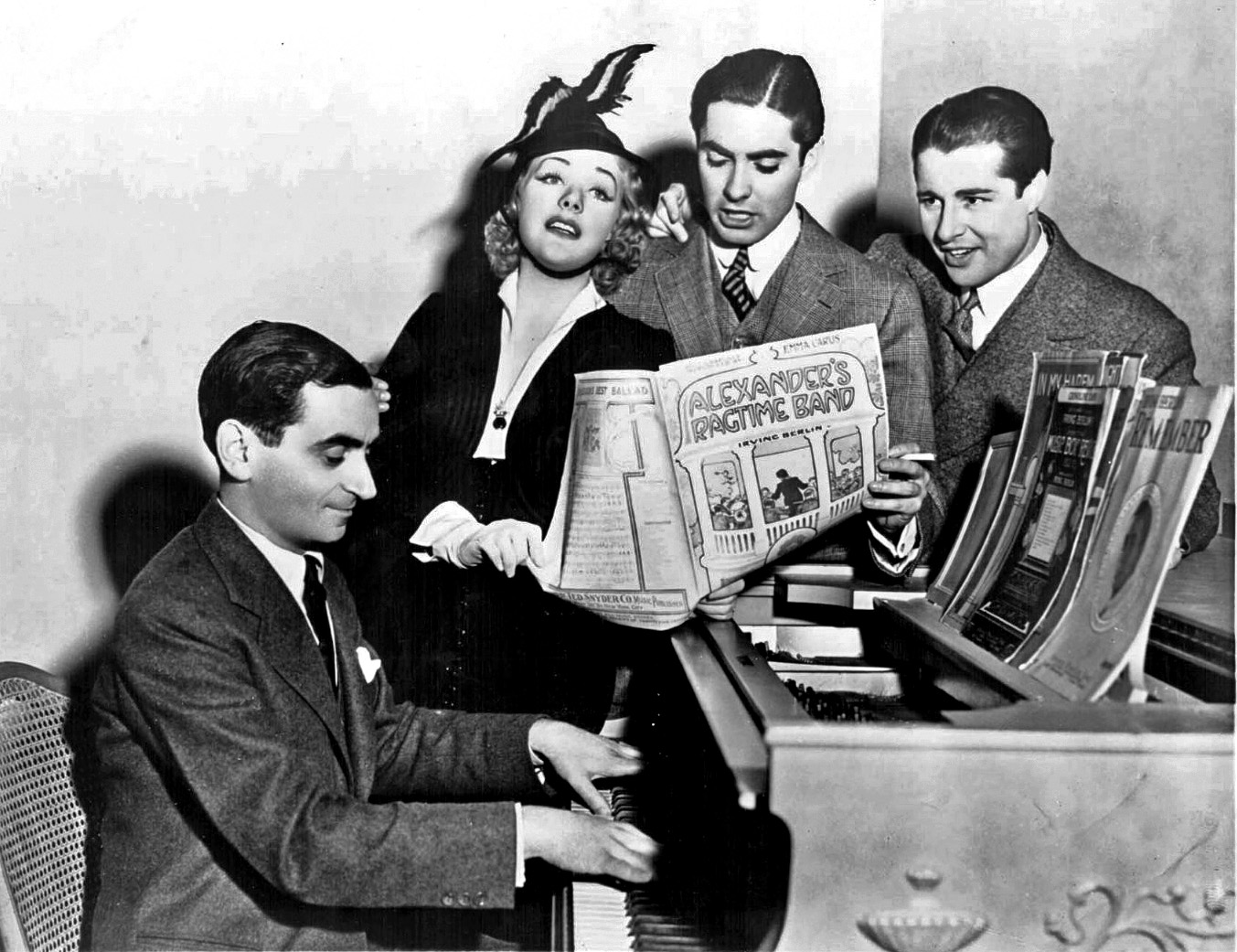 Boston Globe, Wikimedia Commons
Boston Globe, Wikimedia Commons
14. He Found True Love
Not yet thirty years of age and Irving Berlin was already a household name. He was on top of the world and the toast of New York. When he met and fell in love with twenty-year-old Dorothy Goetz, the sister of one of his collaborators, E. Ray Goetz, the two entered into a whirlwind romance.
But this whirlwind soon spiralled into a hurricane.
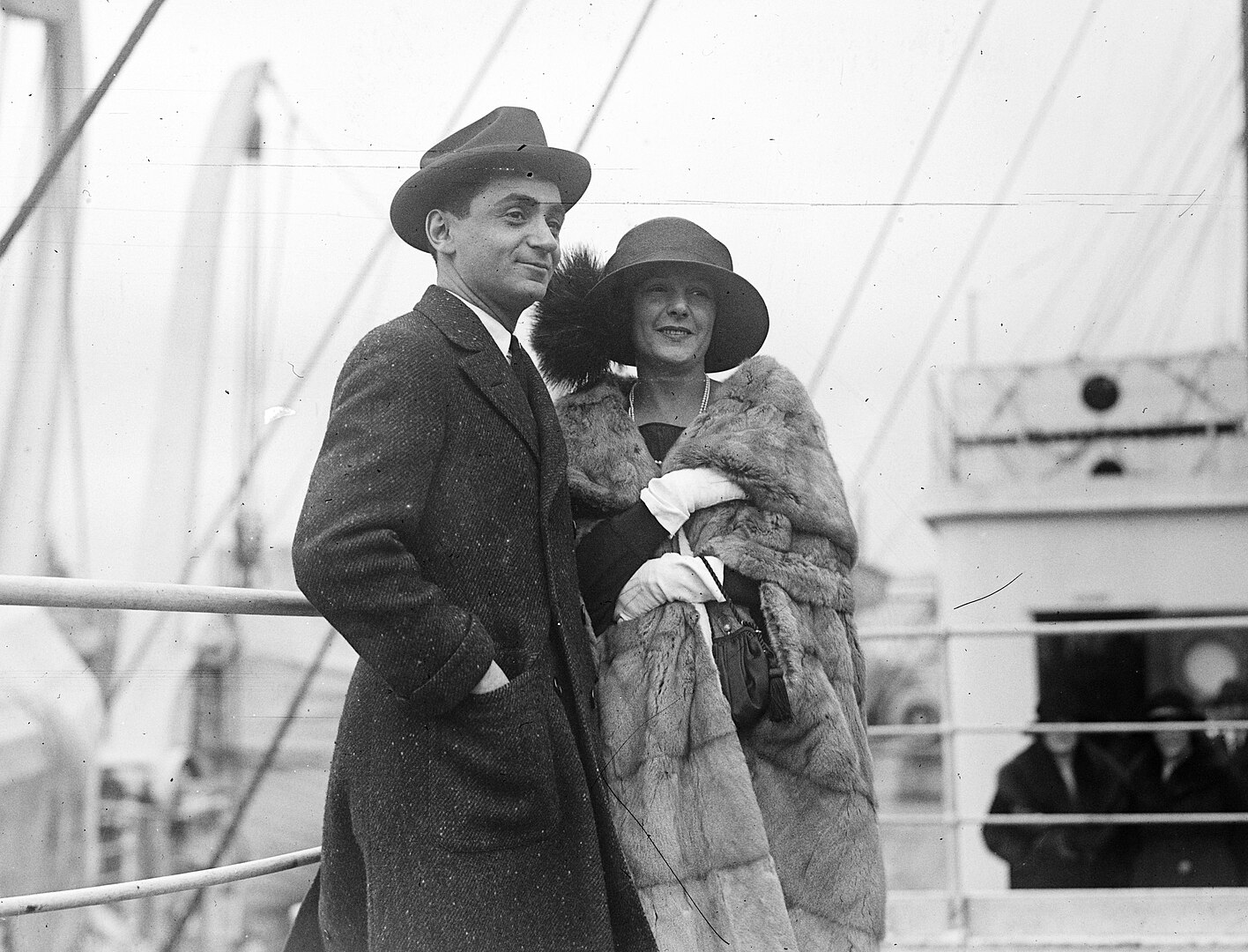 Unknown Author, Wikimedia Commons
Unknown Author, Wikimedia Commons
15. His Honeymoon Was A Nightmare
Berlin and Goetz, who seemed to be complete soulmates, married in February of 1912. They giddily headed off to honeymoon for a few weeks in Havana. But it wasn't long before things took a frightening turn. Midway through their holiday however, Berlin’s new wife began to feel ill. Doctors soon gave her a diagnosis: Typhoid Fever.
Cutting the honeymoon short, the two of them rushed back to New York. But would she be able to recover?
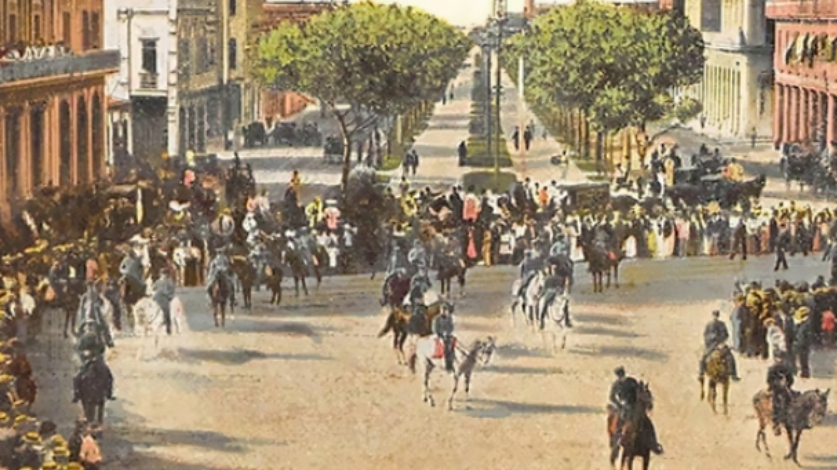 Unknown Author, Wikimedia Commons
Unknown Author, Wikimedia Commons
16. He Became A Young Widower
The newlyweds made it back to the states, but American doctors couldn't treat Goetz’s fever in time to save her life. She succumbed to Typhoid on July 17 of that same year, a mere six months after getting married. Distraught, Berlin paid a heartbreaking tribute to his wife:
When he proposed, he promised their life would be a "bed of roses". After she passed, he had a single white rose placed on her gravesite every other day for the next 12 years.
17. He Couldn't Write Without Her
Shocked, desperately heartbroken, and alone, things could still get worse for Irving Berlin. In the midst of his grief, Berlin suddenly found himself with paralyzing Writers Block. The man who had routinely written at least a song a day for the last few years was now, and for the first time in his life, completely bereft of any musical inspiration.
Try as he might, he was only able to come up with a few joyless tunes. Was this the end of a promising career?
18. He Found His Music Inside His Grief
It took some time, but eventually, Berlin found his musical voice again. “When I Lost You” was a deeply personal, emotionally-charged ballad that grew slowly but beautifully from his deep and terrible loss. The song was, as Berlin noted, the one and only time he wrote about his own personal life.
It would also change the way critics viewed his work.
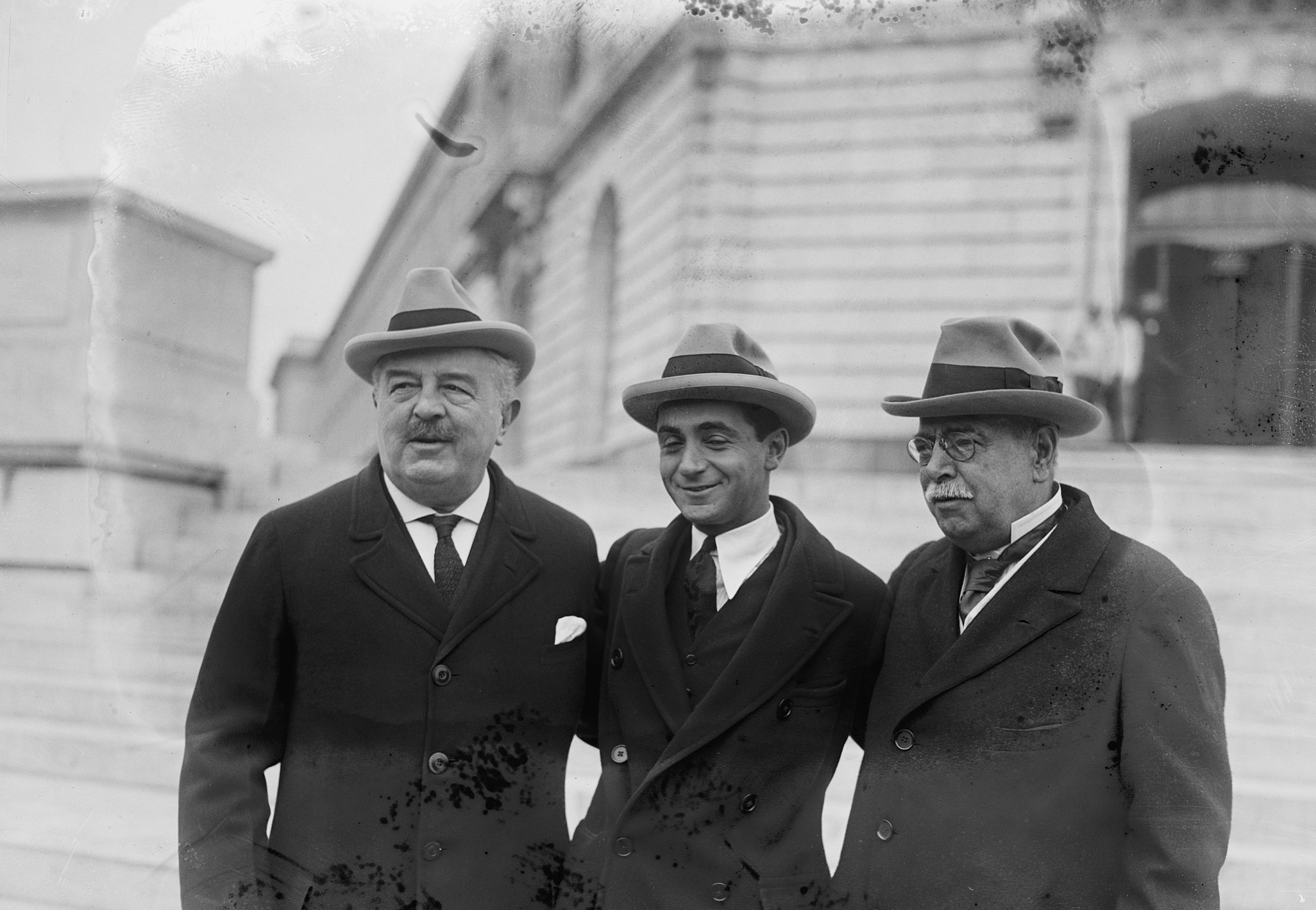 National Photo Company Collection, Wikimedia Commons
National Photo Company Collection, Wikimedia Commons
19. He Had A New Sound
Unlike his usual lightweight, upbeat, toe-tapping ditties, “When I Lost You” was a haunting, heartfelt waltz. Although an enormous departure from the kind of songs that had made him so popular, the honesty and beauty of this piece struck a chord with his fans and critics alike.
It became his first hit ballad and proved that Irving Berlin had matured into a major songwriter. What next?
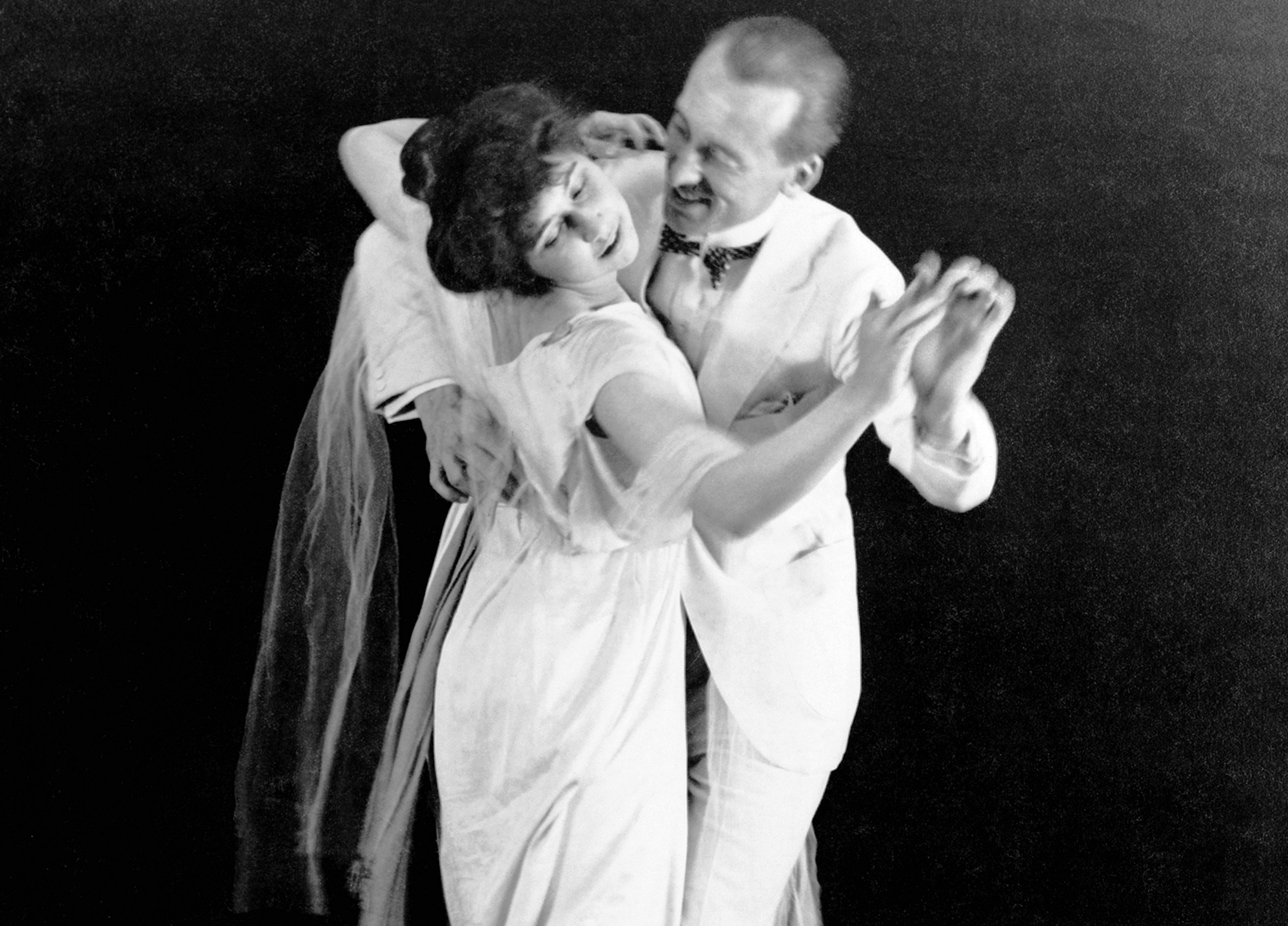 National Photo Company Collection, Wikimedia Commons
National Photo Company Collection, Wikimedia Commons
20. He Grew Up
Losing his young wife seemed to change Berlin on many different levels. He’d written hundreds of songs up to that point, but not much of any real substance. He based many of his tunes on goofy dance crazes and pop culture trends. Suddenly he was leaning more towards love songs and ballads.
It seemed as though his heart was calling him. Unfortunately, his country was also calling.
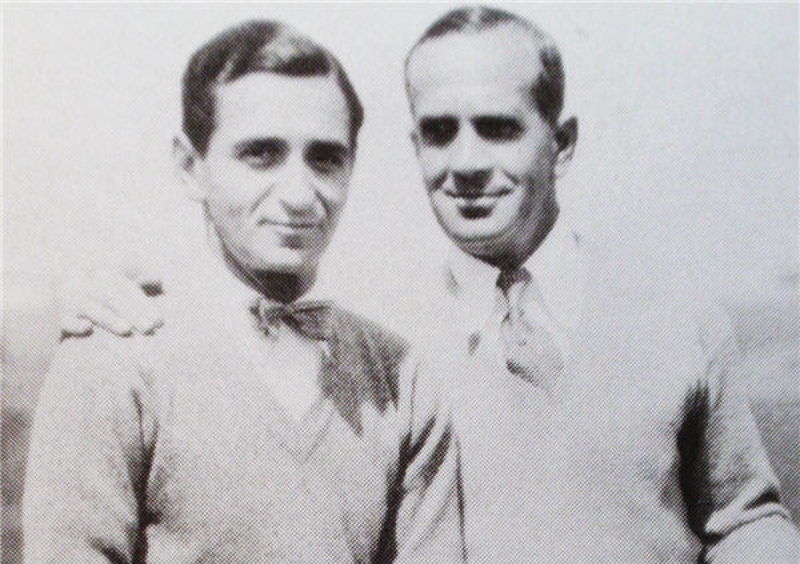 Unknown Author, Wikimedia Commons
Unknown Author, Wikimedia Commons
21. His Number Came Up
In 1917, a 30-year-old Berlin found himself drafted into the US Army. By now a very wealthy celebrity, he gave up his posh Riverside Drive apartment and his personal cook to move into an Army Barracks while taking his turn peeling potatoes.
Berlin tried his best to be just another—but on at least one occasion he snuck his personal valet in to spruce up his quarters.
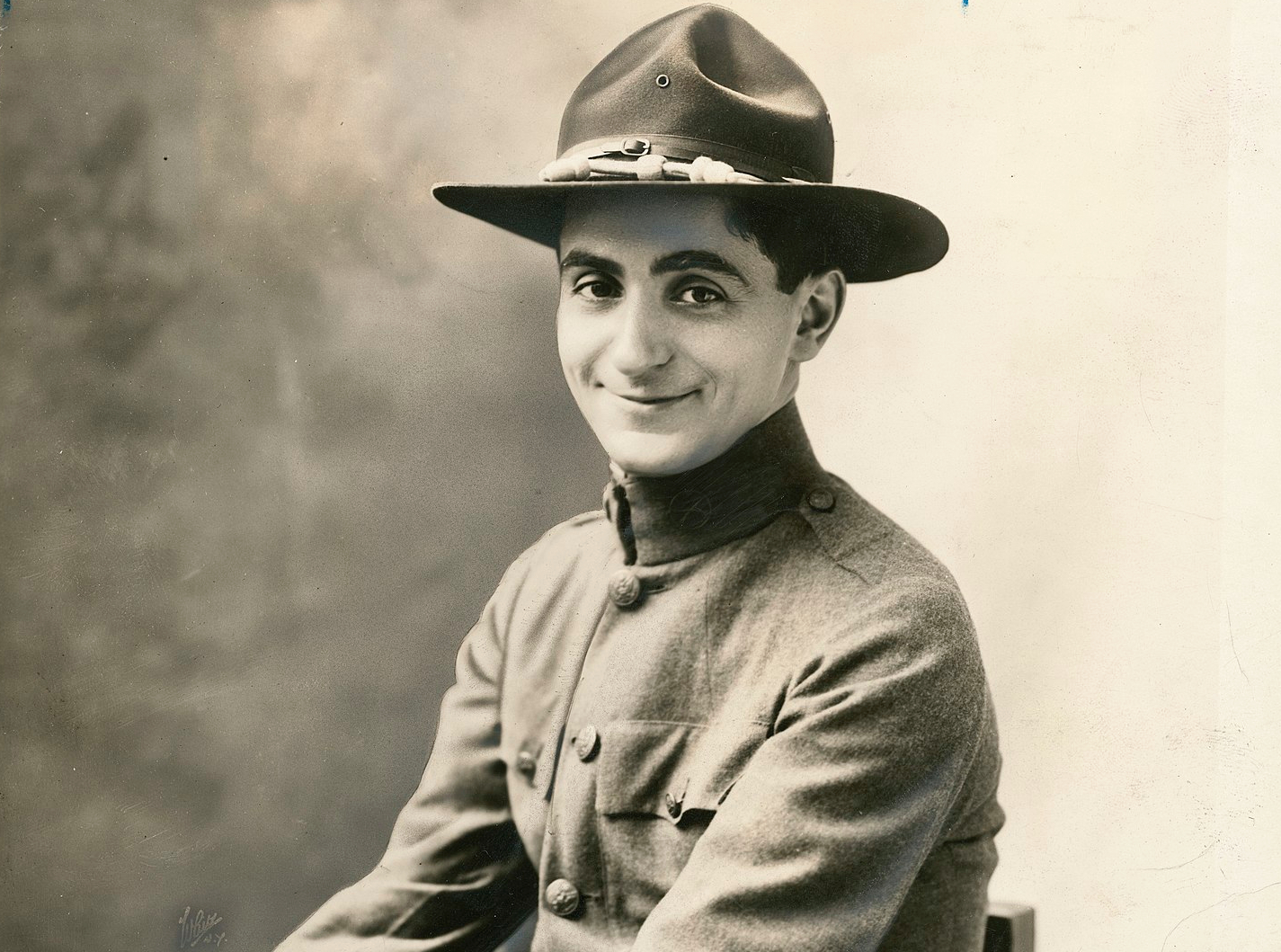 White Studio photographer, Wikimedia Commons
White Studio photographer, Wikimedia Commons
22. He Hated The Hours
Berlin was very patriotic and more than happy to serve, but he never got used to rising at 5 am. In civilian life, while he was writing songs, 5 am was usually when he went to bed! So when a superior officer recommended Berlin use his talents to write a Camp Show to raise money to build a guest house for armu men families, “Oh How I Hate To Get Up In The Morning” became the show stopper.
23. He Had The Midas Touch
At the end of WWI, Sergeant Berlin returned to Tin Pan Alley and suddenly found himself more famous than ever. He couldn’t turn a corner without being recognized. His songs were selling like hotcakes and were now hugely popular on a new technology called "records".
Still the savvy streetkid, Berlin started his own publishing business, Irving Berlin Inc. just in time to cash in on the royalties from all that vinyl.
24. He Was In It For The Money
A songwriting genius to be sure, Irving Berlin never really forgot where he'd come from. He survived the Bowery by the skin of his teeth, and so he was always honest about one thing: He was in the music business for the money. Already a millionaire in the Roaring Twenties, Berlin built himself a theatre, "The Music Box", where he could make even more money showcasing his own songs and shows.
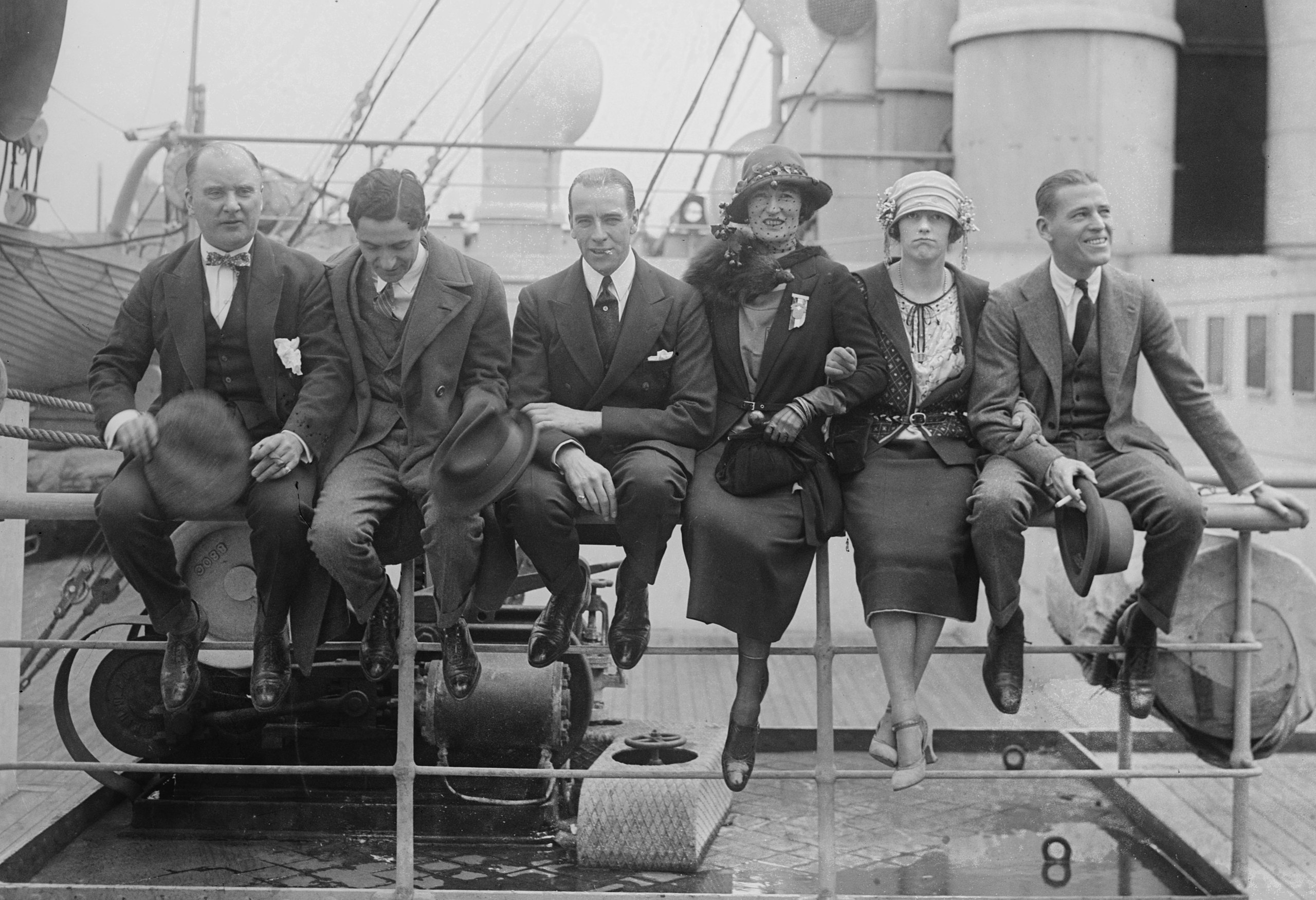 Bain News Service, Wikimedia Commons
Bain News Service, Wikimedia Commons
25. He Found Love Again
In the midst of the hoopla of the Roaring Twenties, love waltzed its way into Berlin’s heart once again. At a dinner party he met and instantly fell in love with the lovely author and very wealthy heiress Ellin MacKay. She was 15 years younger than the widowed Berlin, but that was the smallest of hurdles the couple would be faced with. Things were about to get more than a little rocky.
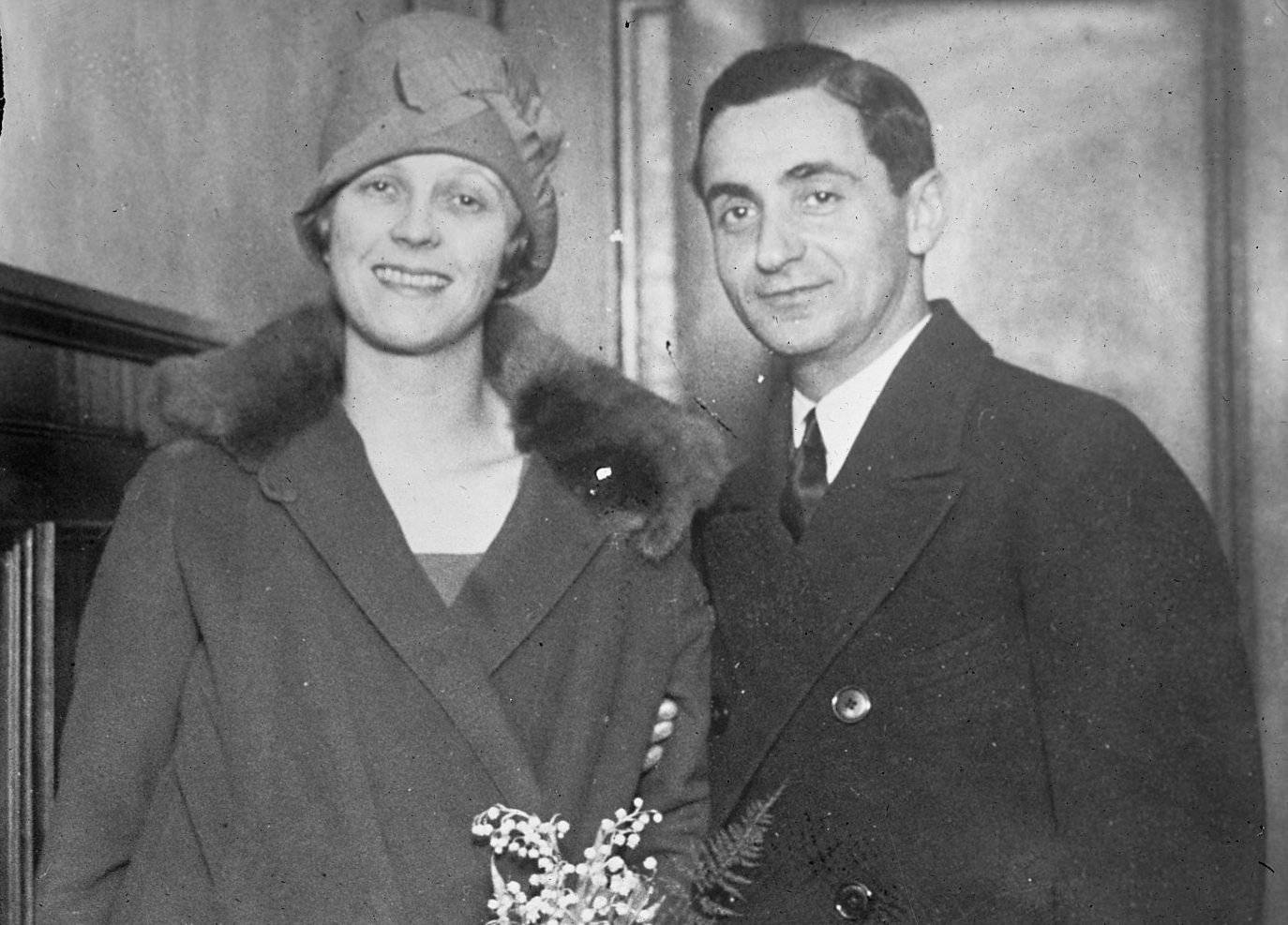 Bain News Service, Wikimedia Commons
Bain News Service, Wikimedia Commons
26. His Girlfriend’s Father Hated Him
Irving Berlin was in love—but love isn't always enough. Ellin’s father Clarence MacKay was even richer than Berlin, and he vehemently opposed his daughter getting involved with a Jewish Russian immigrant from the Lower East Side.
While the press loved the story of the Rich Girl and the Street Kid romance, MacKay, an Irish Catholic, was about to show just how far he’d go to keep the two lovers apart.
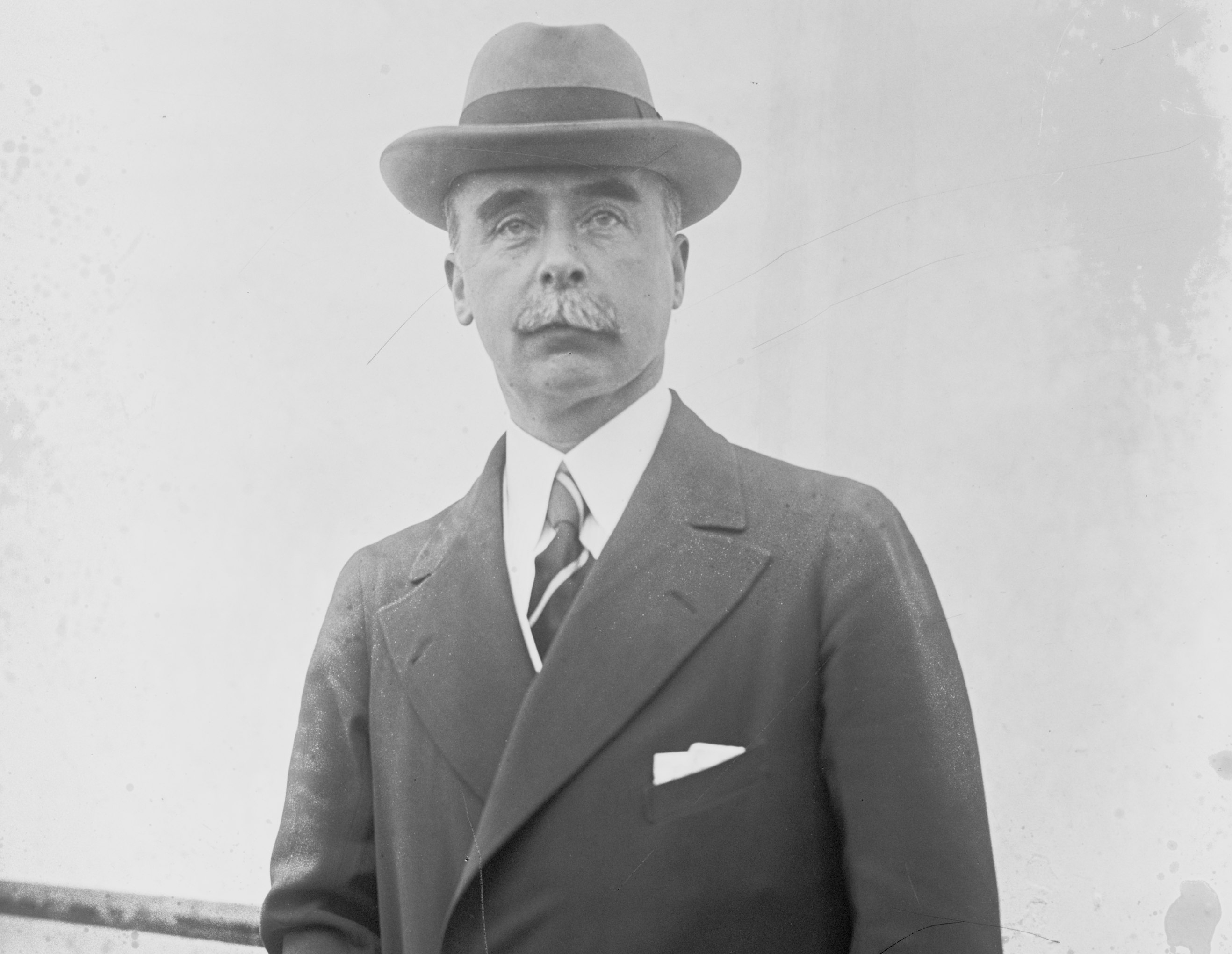 Bain News Service, Wikimedia Commons
Bain News Service, Wikimedia Commons
27. He Sent Her Away
As Irving and Ellin’s love deepened so, unfortunately, did Papa MacKay’s wrath. And the more that heated up, the Press got even more ravenous. Every time MacKay opened a paper, there was a photo of his daughter with that man. Finally, he decided to take desperate measures: He packed his daughter off to Europe to keep her away from her suitor.
It would take more than that to stop Berlin though.
28. He Sent His Love
Undaunted, Berlin found a way to court Ellin in spite of the distance between them. He continued to woo his love with letters and personalized songs over the airwaves. She wrote him daily as well, and before too long it was rumored in the press that Berlin, although separated by an ocean, had proposed.
When an apoplectic Clarence heard the news he exclaimed, “Over my gone body”!
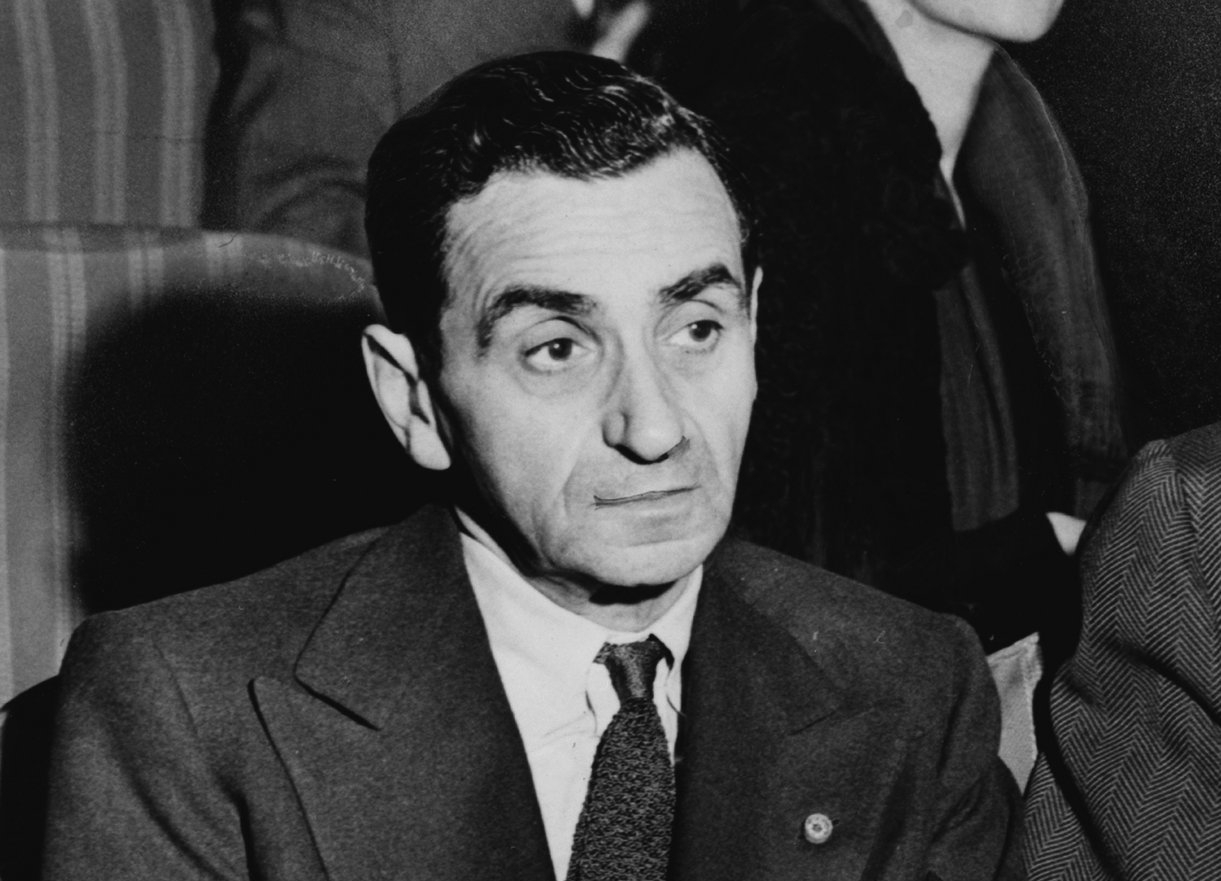 Al Aumuller, Wikimedia Commons
Al Aumuller, Wikimedia Commons
29. He Went Behind Her Dad's Back
Knowing full well that Ellin’s irate father would never in a million years give his blessing to this union, Irving employed a little back-door diplomacy and went to see Ellin's mother instead. Divorced from the antisemitic Clarence, Mrs MacKay, who clearly had her daughter’s best interests at heart, happily gave her blessing to the couple’s decision. That was all Irving needed.
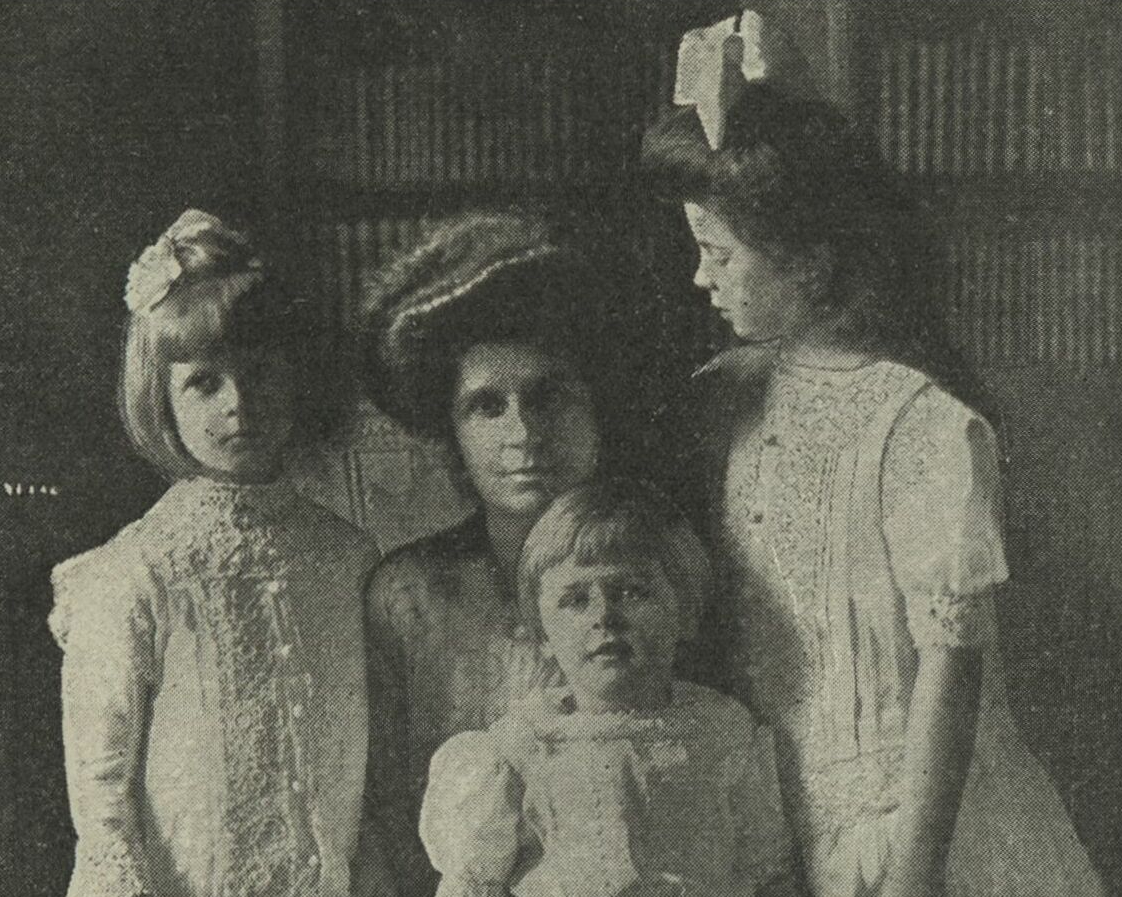 Benjamin Harrison Presidential Site, Wikimedia Commons
Benjamin Harrison Presidential Site, Wikimedia Commons
30. He Eloped With His Lady Love
Eager to marry but knowing a big public wedding was out of the question as long as Daddy MacKay was drawing breath—not to mention the field day it would be for the press—the two of them decided to elope. They married in a quiet civil ceremony, well away from the prying eyes of the media and the bloodshot eyes of Ellin's father.
Wedded bliss was headed their way…but so was a final salvo from Daddy.
31. His Wife Lost All Her Money
Angered to the point of dyspepsia, Clarence MacKay played his final trump card. In what can only be described as some seriously dysfunctional parenting, he disinherited his daughter from his enormous fortune, making it clear she could have it back if she would only renounce her marriage to Berlin.
As we'll see, Berlin came up with his own revenge in response. But he also had to survive his second honeymoon.
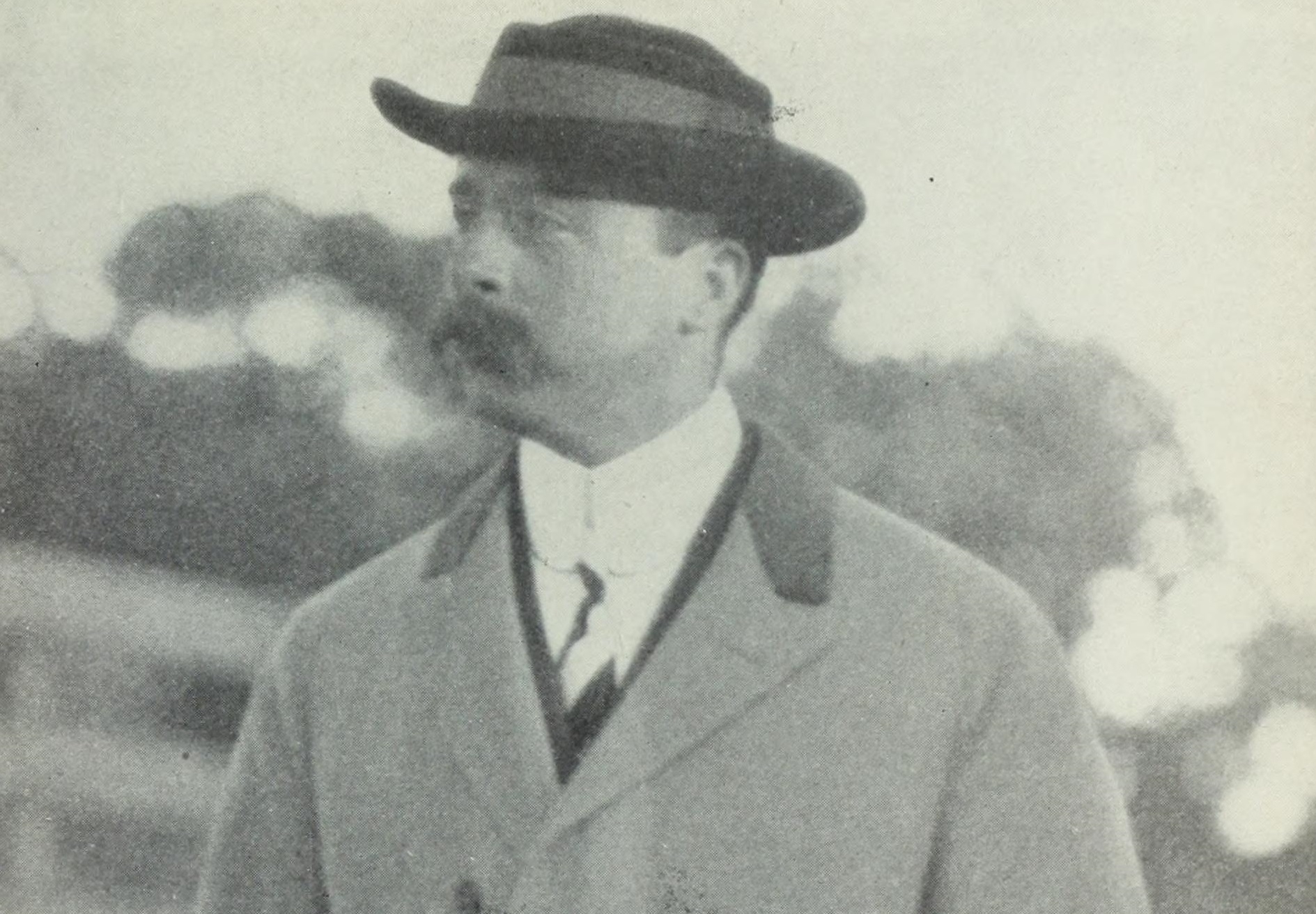 Unknown Author, Wikimedia Commons
Unknown Author, Wikimedia Commons
32. He Worked Through His Honeymoon
As madly in love as Berlin was with his new wife, the Tiger couldn’t lose his stripes. He was still a workaholic and still writing into the wee hours. After crossing the Atlantic on The Leviathan for a honeymoon in Paris and London, Berlin had his musical secretary, Harry Ruby, join them so he could finish work on a new show.
We can only hope Harry had a separate hotel room!
 Bundesarchiv, CC-BY-SA 3.0, Wikimedia Commons
Bundesarchiv, CC-BY-SA 3.0, Wikimedia Commons
33. His Father-In-Law Gave Up
Berlin and his new wife did not hear a word from Clarence MacKay for three long years after their marriage. If his absence in their life made any impact, however, the two of them didn’t show it. They were blissfully happy. Berlin’s career continued to skyrocket and the two of them continued to be the darlings of the New York social set.
Besides, MacKay was up for a big reversal of fortunes.
34. He Stayed On Top
When the Stock Market crashed in 1929 and the Great Depression hit, Clarence Mackay’s vast fortune all but evaporated. Berlin’s songs, however, continued to be more popular than ever. While MacKay had invested in silver, Berlin had invested in himself and his own musical copyrights.
Lucky for MacKay, Irving’s heart was as big as his bank balance.
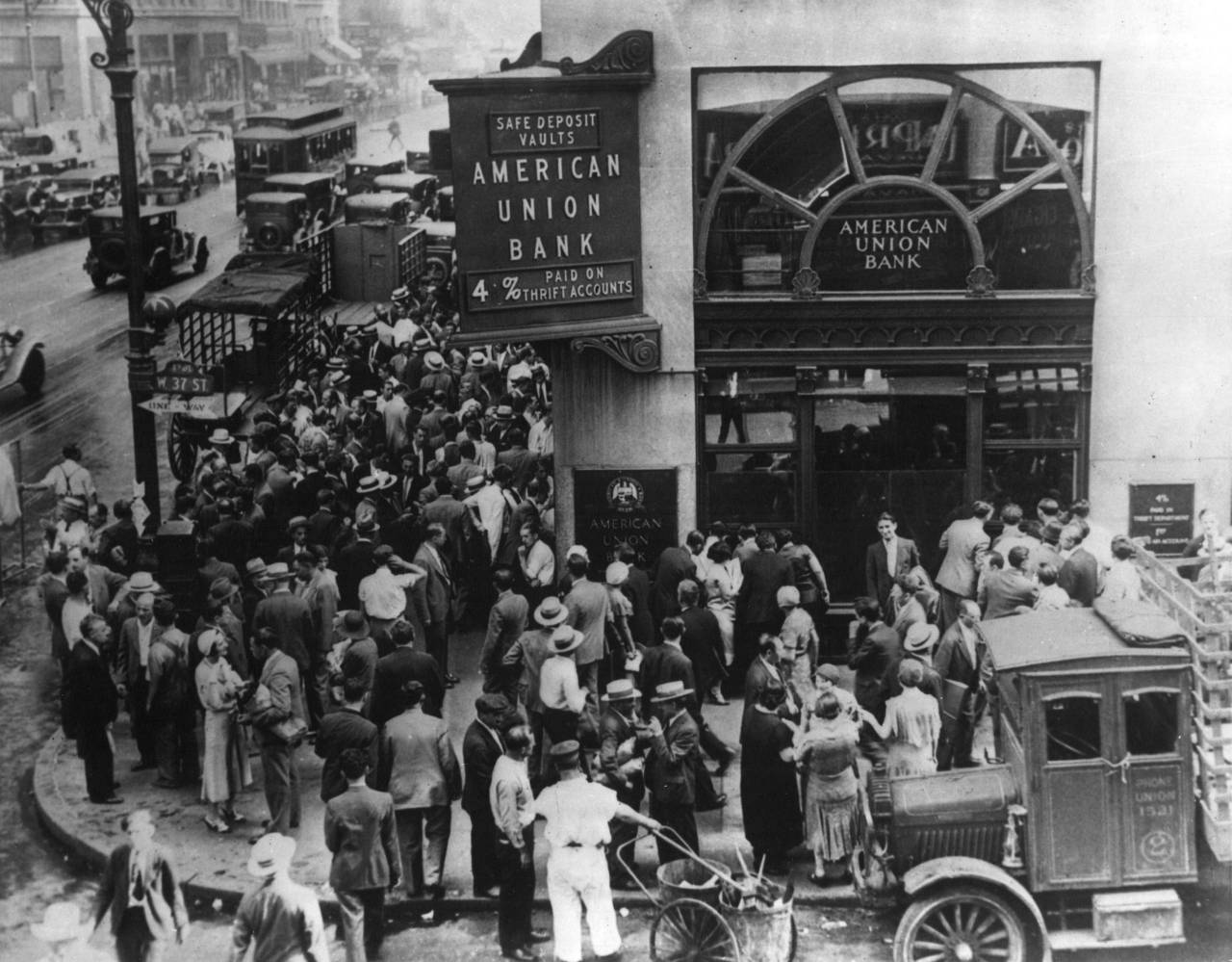 National Archives Photo, Wikimedia Commons
National Archives Photo, Wikimedia Commons
35. He Was Incredibly Generous
Whether it was because he loved his wife so much or he was just simply that generous of a human being, Berlin stepped in to help his father-in-law. He allegedly gave MacKay a million dollars—and still the man looked down on him, despising Berlin as just another Jewish songwriter from the Lower East Side.
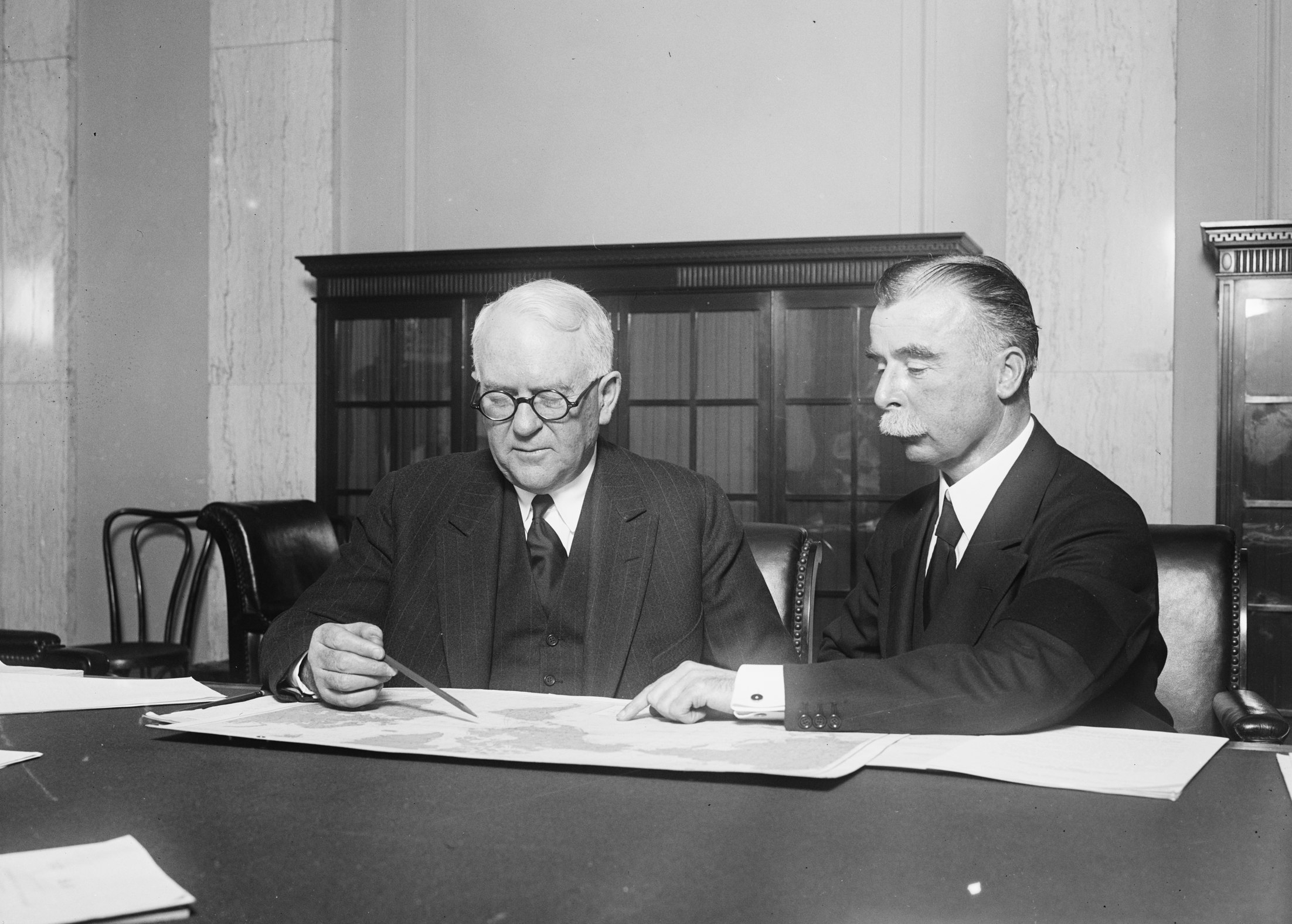 Harris & Ewing, Wikimedia Commons
Harris & Ewing, Wikimedia Commons
36. He Was A Songwriting Machine
Irving Berlin remains one of the most prolific songwriters to ever live. His friend and publishing manager Sol Bourne said, "It was a ritual for Irving to write a complete song, words, and music every day”. How did he do it? According to the man himself, he would attend rehearsals in the daytime, begin songwriting after dinner. and continue until 4 or 5 in the morning.
The net result was over 1,500 songs in his lifetime and some serious sleep debt.
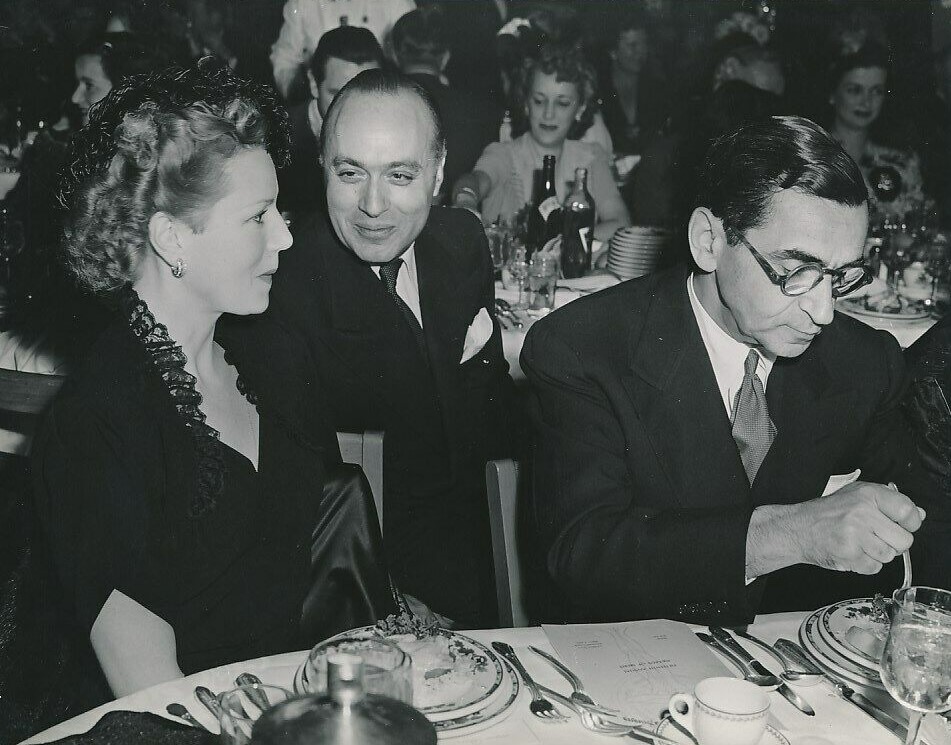 Nat Dallinger (1911-2006), Wikimedia Commons
Nat Dallinger (1911-2006), Wikimedia Commons
37. He Made The Move To Movies
Meanwhile, technology in the cinema had ushered in the age of Talkies: films with musical scores and dialogue. Berlin had a new frontier to conquer—and he was still one of the smartest men in show business. Passing over contracts with MGM and Columbia, Berlin signed on with the struggling RKO, securing an unheard of deal where he received retention of his copyrights and 10 percent of the gross.The savvy street-kid had scored again.
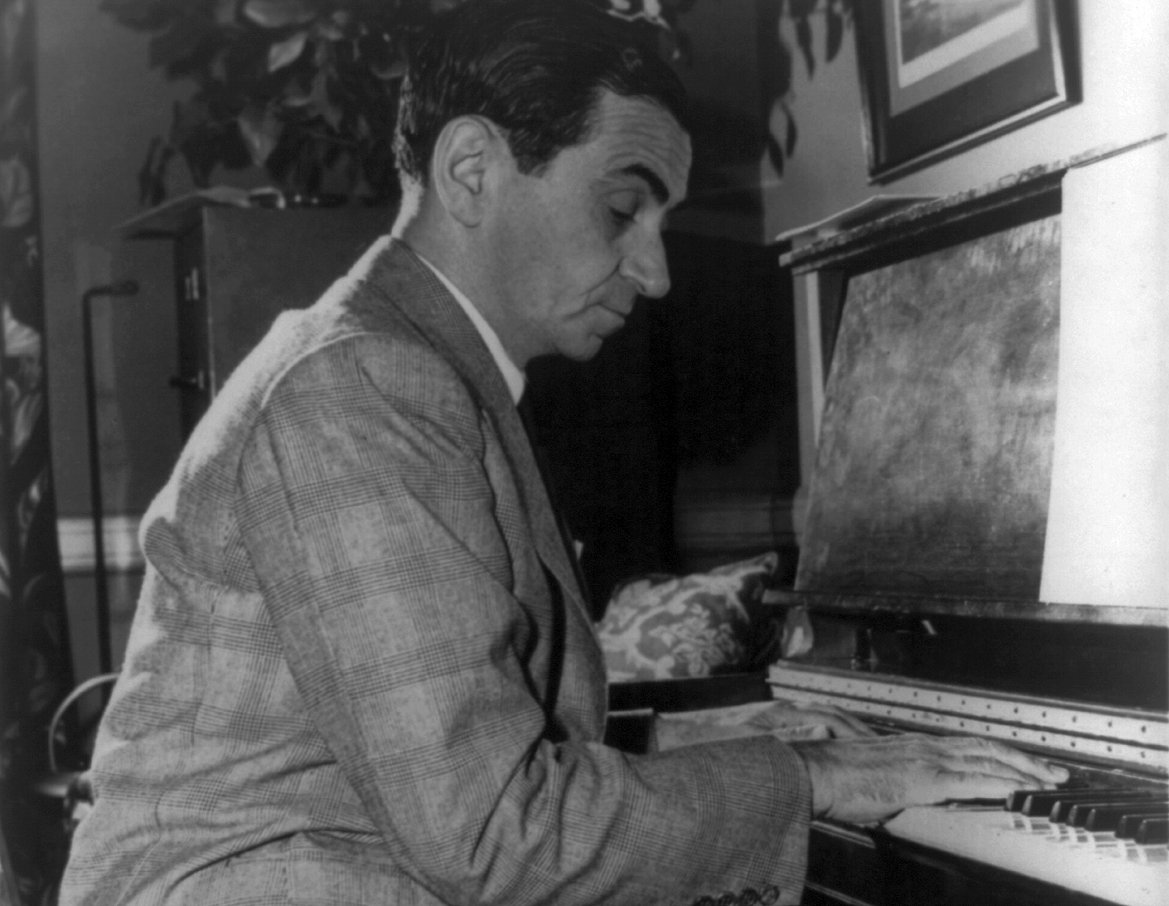 Unknown Author, Wikimedia Commons
Unknown Author, Wikimedia Commons
38. He Met A Lifelong Friend
Berlin met Fred Astaire on the set of Top Hat in 1935. He didn't realize it yet, but his life was about to change forever. Both perfectionists and geniuses of their craft, the two, whose birthdays were only one day apart, became instant collaborators and the very best of friends for the rest of their lives.
Berlin greatly admired Astaire. Rumor had it that Berlin saw everything he secretly always wanted to be in Astaire; debonair, upper class...even Gentile.
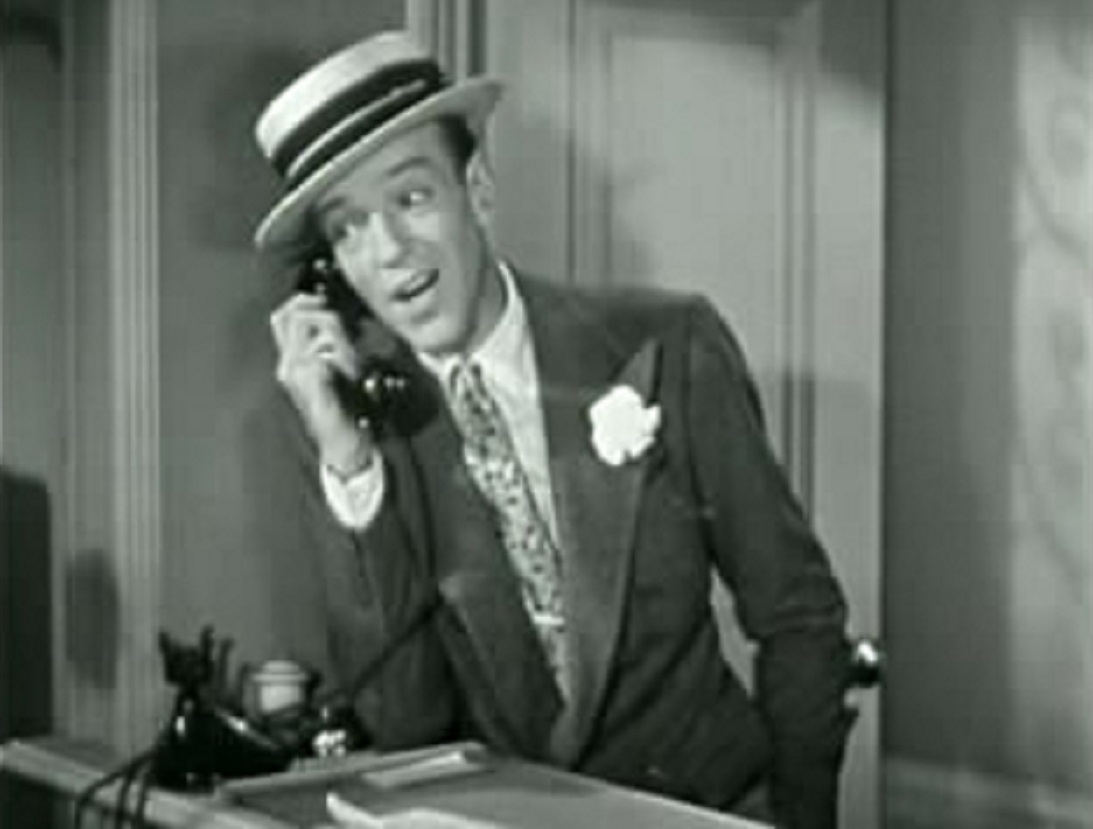 Unknown Author, Wikimedia Commons
Unknown Author, Wikimedia Commons
39. He Wrote The "Almost" Anthem
In 1938, with the world on the brink of conflict yet again, Berlin released a tune he had actually written 20 years prior. “God Bless America”, his love song to the country he cared so deeply about, was so thoroughly embraced by the American people that it has become like a second anthem; played at everything from hockey games to 9/11 memorials.
40. He Loved The USA
When America entered WWII, Berlin was in his mid-fifties and showing no signs of slowing down. He loved his adoptive country deeply and threw himself into writing patriotic songs and revues that not only bolstered troop morale, but raised huge sums benefiting everyone from the Red Cross to the Treasury Dept.
In fact, when an accountant offered to show Berlin how to pay less tax, he exclaimed “I want to pay taxes. I love this country!’
41. He Wrote His Greatest Work
Many consider the musical Annie Get Your piece the Crown Jewel of Berlin's resume. But few people realize that it only came to him through tragic coincidence. His dear friend Jerome Kern was the original composer of the show, but he sadly passed before finishing it. Frantic, the producers, Broadway icons Rodgers & Hammerstein, begged Berlin to step in and rescue them.
Berlin accepted, and what he accomplished—even cranking out several complete songs in the span of a weekend—is nothing short of Theatre History.
 Alfredo Valente, Wikimedia Commons
Alfredo Valente, Wikimedia Commons
42. He Almost Left The Best Song Out
Interestingly, “There’s No Business Like Show Business”, Ethel Merman’s trademark song and the centerpiece of “Annie Get Your Piece” almost didn’t make it into the show. For some reason, Berlin felt that Rodgers and Hammerstein didn’t like it.
Thankfully they cleared up the miscommunication—because song went on to become one of the most iconic Broadway numbers of all time.
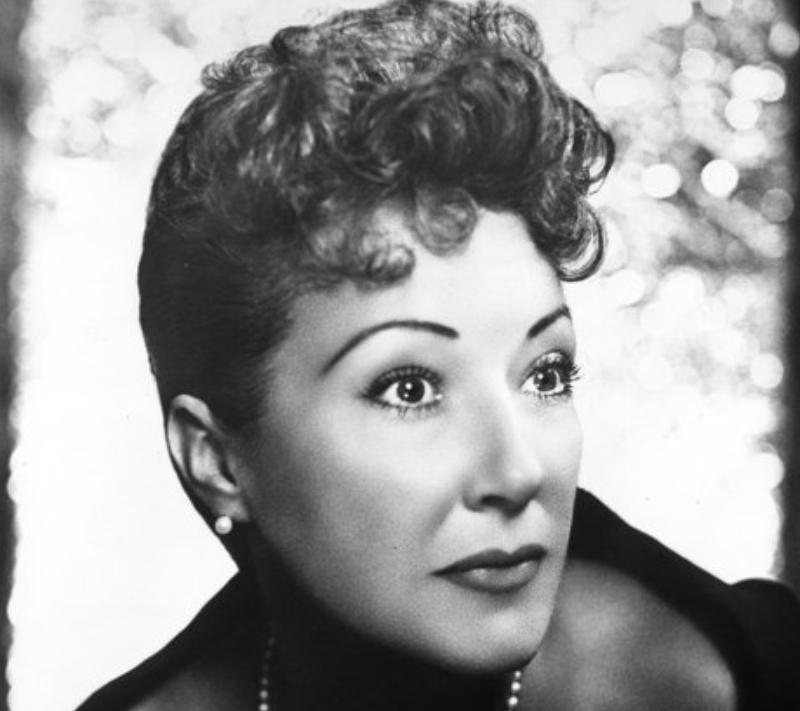 Studio Publicity, Wikimedia Commons
Studio Publicity, Wikimedia Commons
43. He Could Be Stunningly Productive
In another incredible moment of Berlin creativity, upon hearing Director Josh Logan wondering out loud about whether Annie and Frank, the two main characters in the play, shouldn’t have another duet together, Irving, with only days before rehearsals began, knocked off the song “Anything You Can Do, I Can Do Better” in a couple of hours. The man was a songwriting machine.
44. He Had The Perfect Solution
In the midst of his thorny second marriage, Berlin found the perfect way to deal with his obstinate father-in-law. When MacKay took away Ellin's inheritance, Berlin turned around and gave the rights to “Always” (a hugely popular song still played at weddings to this day) to Ellin as a wedding present. She was set for life, with or without her father.
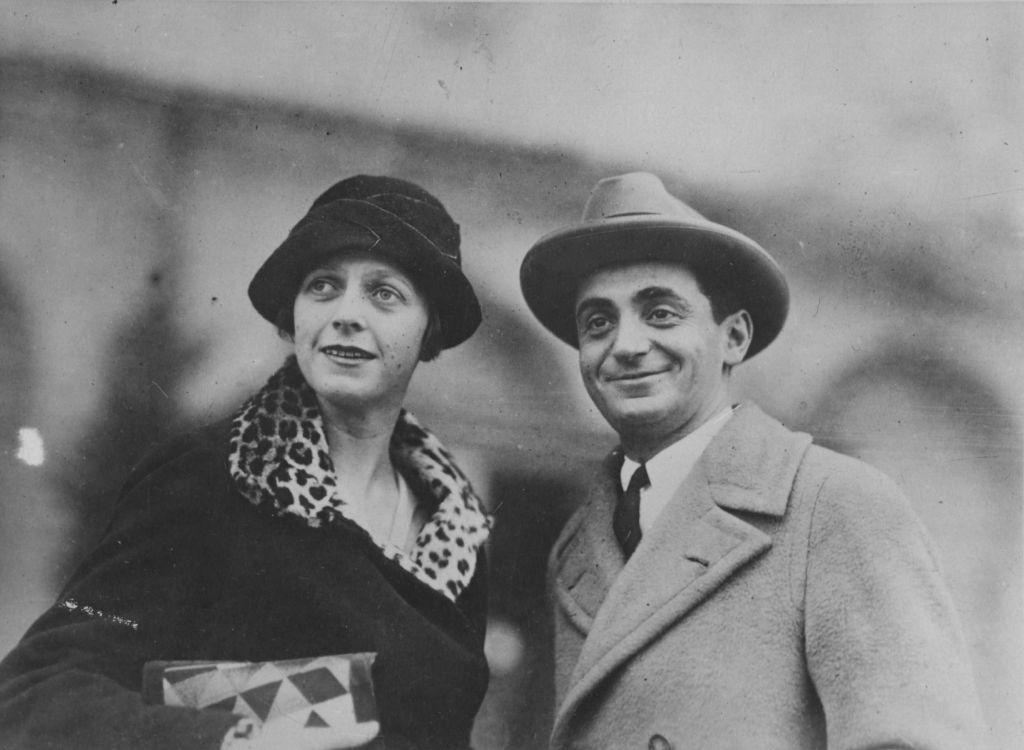 Topical Press Agency, Getty Images
Topical Press Agency, Getty Images
45. He Wrote The Hit To End All Hits
In 1942, in the middle of the WWII, the film Holiday Inn introduced the Berlin song “White Christmas,” with vocals from Bing Crosby. Just like that, the holiday season had changed forever. Written in one all-night session, Berlin claimed to be overcome with nostalgia for his boyhood in New York. In particular, he recalled one Christmas he had spent with a Gentile friend.
Although critics initially called the song ‘Cockamamie’, Irving would have the last laugh—and it would come with an Oscar.
46. He Gave Himself His Own Oscar
You might find it hard to believe but back in the day, the Academy of Motion Picture Arts and Sciences had no rules to prevent nominees from opening envelopes that might have their own name on them. It was only after Irving Berlin very awkwardly announced himself as winner of the Oscar for Best Music in an Original Song (White Christmas) that they realized that had to change. It’s never happened since.
But there's a more heartbreaking story surrounding the famous song.
 Downtowngal, CC BY-SA 3.0, Wikimedia Commons
Downtowngal, CC BY-SA 3.0, Wikimedia Commons
47. He Lost His Boy
On Christmas Day, 1928, Irving and Ellin actually lost their first son when he was less than a month old. The tragedy devastated the couple and would leave a lingering shadow over Christmas Day for years. The only remotely positive thing to come out of it was that the tragedy finally reconciled father and daughter.
Years later, perhaps as a counterbalance, Berlin would come up with "White Christmas".
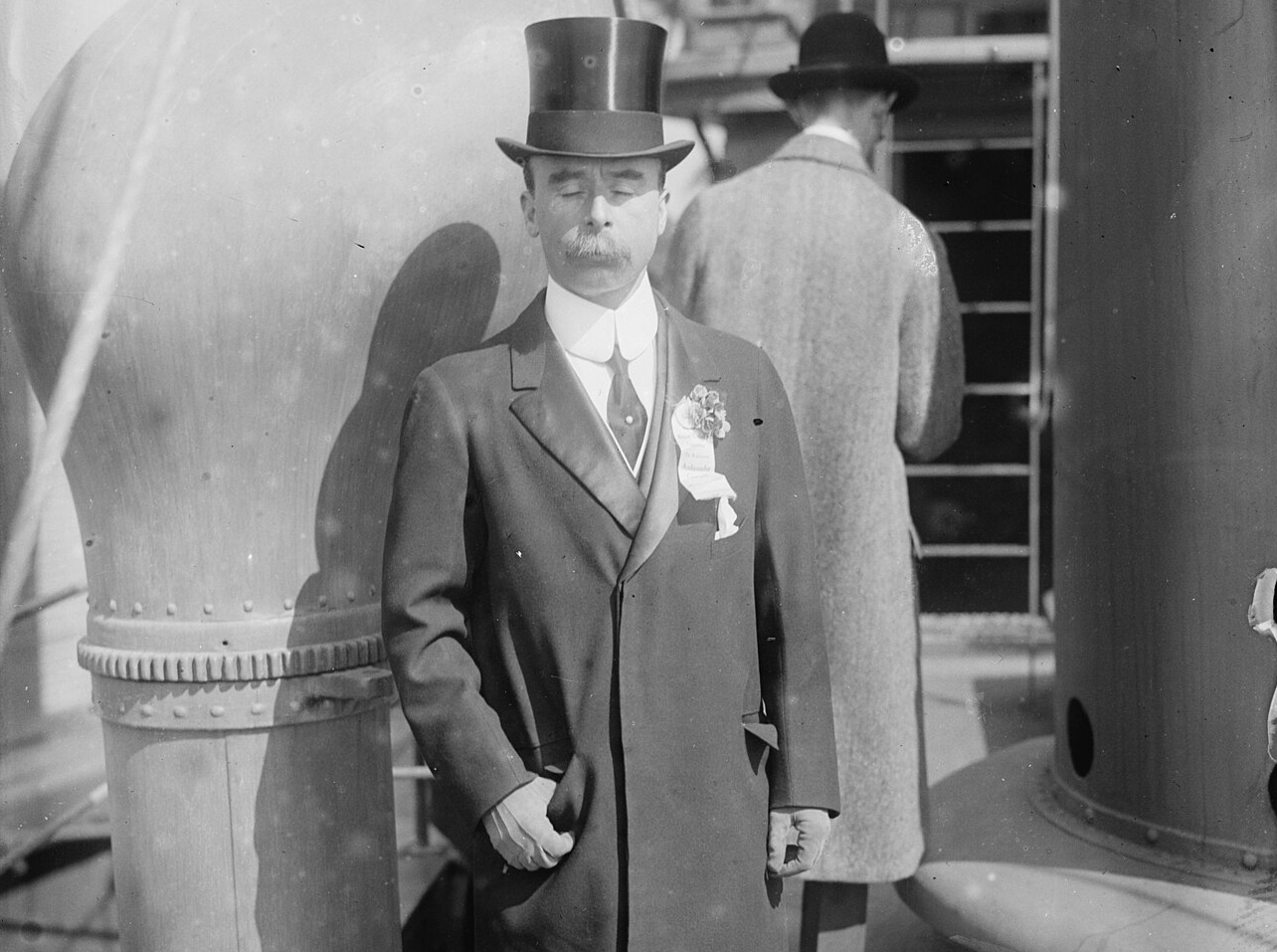 The Library of Congress, Wikimedia Commons
The Library of Congress, Wikimedia Commons
48. His Christmas Legacy
The popularity of “White Christmas” is astounding. Over eighty years later, Bing Crosby’s version, at over 100 million copies, remains the best-selling single of all time.
Ironically enough, this song that captures the heart and soul of the Holiest of Christian holidays, was written by a fatherless, Jewish immigrant from Russia. A man whose own Christmas Days were forever darkened by the memory of the demise of his first born son on that same day.
49. He Reached His Hundredth Birthday
In May of 1988, the famed Carnegie Hall held a 100th birthday party for the legend Irving Berlin. One of the highlights was a speech from another songwriting giant, Sammy Cahn, whose words summed up the significance of Irving Berlin:
"If a man, in a lifetime of 50 years, can point to six songs that are immediately identifiable, he has achieved something. Irving Berlin can sing 60 that are immediately identifiable... You couldn't have a holiday without his permission."
 Martin Dürrschnabel, CC BY-SA 2.5 , Wikimedia Commons
Martin Dürrschnabel, CC BY-SA 2.5 , Wikimedia Commons
50. His Final Curtain
On September 22, 1989, at the venerable age of 101, Irving Berlin passed peacefully in his sleep at his home in New York City. In his memory, the marquee lights of Broadway Playhouses and Theatres all dimmed just before curtain time. The greatest songwriter in America—and quite possibly the World—had left the building, and there has yet to be anyone to rival him.
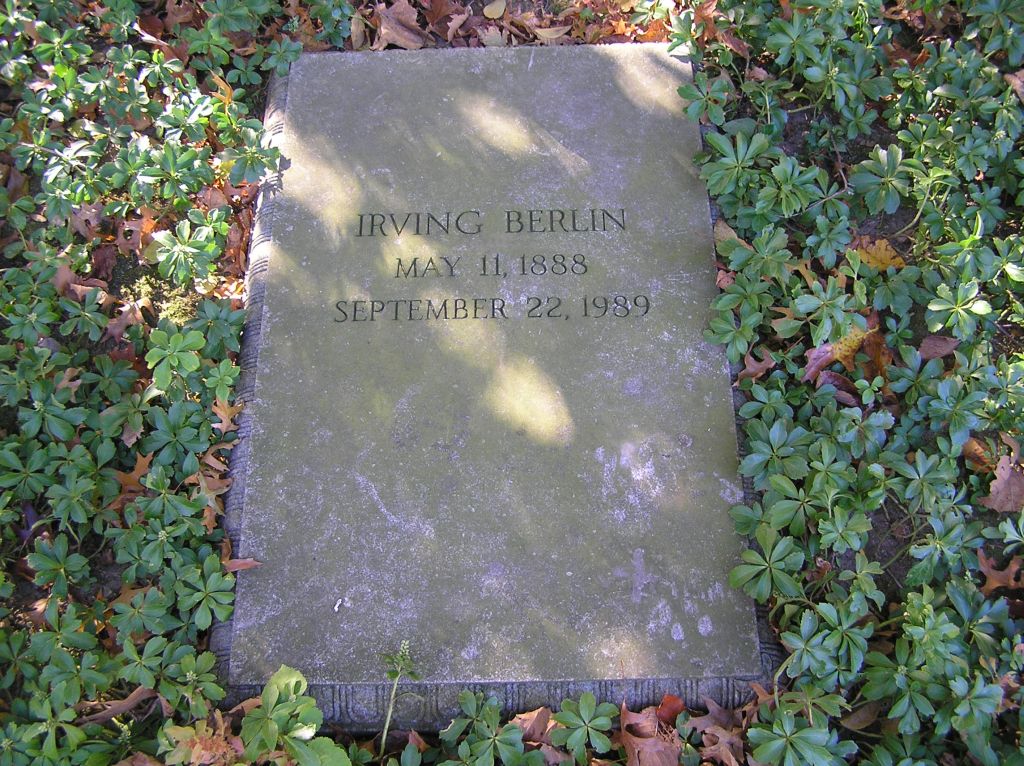 Anthony22 , CC BY-SA 3.0 , Wikimedia Commons
Anthony22 , CC BY-SA 3.0 , Wikimedia Commons

